|
With in-person author events still on hold indefinitely, I'm devoting one blog post each month to an author interview. This month's interview is with Sharon Dukett, author of the memoir No Rules. Desperate to escape the stultifying life she saw ahead for herself in the early 1970s, and entranced by the California hippie scene, Sharon ran away from home at sixteen. No Rules details her precarious journey through the counterculture, an experience that would mold her into the strong woman she became. Every teenager who ever lived probably fantasized about running away from home and living on their own, but most of us lacked the courage and motivation to pull it off. What do you think made the difference for you? 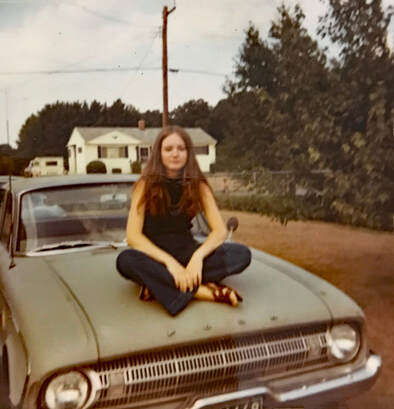 Sharon in 1970 Sharon in 1970 I was miserable with the prospect of what was ahead for me if I didn’t go. My mother seemed so unhappy, as did my older sister. Leaving wasn’t just for me. It was as though I was breaking out for them, too, demonstrating it was possible to live a different life. Plus I had my older sister with me when I left, which made me feel protected. The catalyst for that leap was being dumped by my first real boyfriend, which left me feeling empty and hopeless. It took a different kind of courage to decide to share your story—a story that you had kept to yourself for a long time. What gave you that courage? As I read writers like Mary Karr and Cheryl Strayed, I saw that what made their books shine was the honesty. They had great stories, and I knew I had a good story, too. But it would be empty if I didn’t share my deepest thoughts and feelings, good or bad. My success and sense of accomplishment in my career and my personal life as I grew older made me strong enough to share my story regardless of others' reactions. In the Epilogue, you mention that you began writing as a way of healing from unresolved hurts. At what point did the book transition from personal writing to something you wanted to share with others? 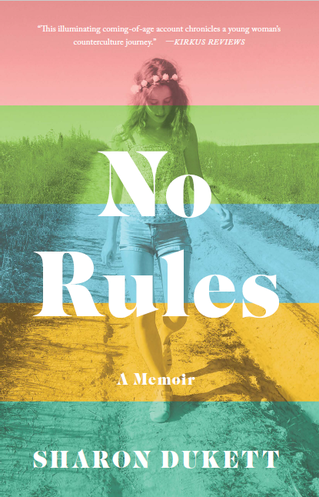 It quickly transitioned as I got caught up in the memories of the times. I had always wanted to write a book, but when I was younger I never knew what to write about. Once I began writing about this, I didn’t want to stop. But until I had a personal computer, the idea of using a typewriter was overwhelming. If the personal computer had not been invented, I would have never been able to complete a book. In No Rules, you write honestly about some difficult subjects. What parts of the book were most challenging to write? I found one of the most challenging subjects was writing about falling in love with someone that I later came to despise and recognize as a con artist. I had to recapture the naïve innocence I felt at the time and block out what I knew would come later. It was difficult remembering being attracted to him as he later repulsed me. Were there parts you especially enjoyed writing? 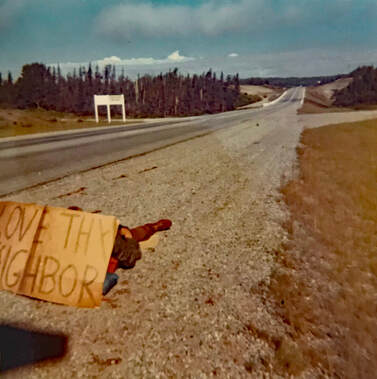 Hitching across Canada Hitching across Canada There were some parts that just flowed out of me like they were already written, and I was just the conduit putting the words on paper. I cried through writing the scene with Cindy after she finds Jesus. And the trip across Canada could have been an entire book alone. It was much longer in the original draft. Reliving those memories were like re-experiencing the trip. What helped you access the memories that form the basis of No Rules? 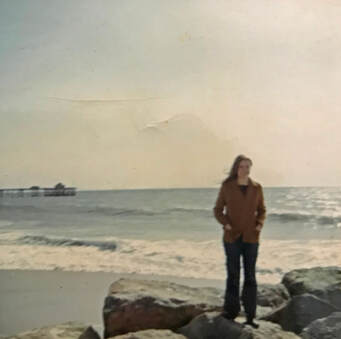 Venice Beach Venice Beach Because this was such a momentous time of my life, much of this was deeply ingrained in my memory. I even believe I recall some exact dialog. I did write the entire first draft in the 1990’s when it was all fresher in my mind. I have some photographs from the time that I used for reference. For example, I have a group shot of those on the ride from Patterson, NJ to Ohio, and photos of our room at the A-House in Provincetown. I also found the more I wrote, the more the memories would overtake me. When you are writing memoir, you take up residence in that time and place and the images and experiences flood back at you. I also played music I listened to during that era, particularly if it was music I don’t often hear. I loved what you wrote in the Epilogue about the people from that time in your life being your “first tribe.” How did they function in that role? 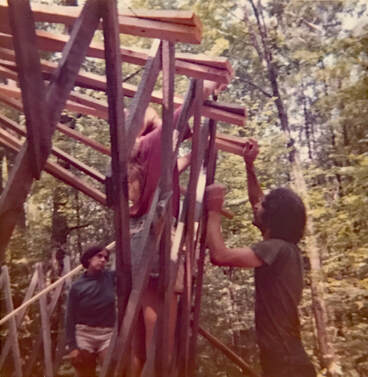 Yurt building Yurt building Despite some of the bad things that happened, we were all part of a larger community. No matter where you went, you could easily connect with others because they looked like you. I learned so much from all these people because our backgrounds were highly diverse. It didn’t matter what socio-economic, ethnic or religious background you came from—no one cared, and no one typically asked. I don’t think that has ever happened in America before or since. You can’t live through a time like that and not recognize the common humanity in all of us. Once you’ve seen it, you can’t un-see it. In the acknowledgments you say the book is an accumulation of years of work. Take us through your journey from initial idea to publication. How long did you spend writing and revising the book? What avenues did you explore in pursuing publication? How did you come to be published by She Writes Press?
You also mention that you belonged to a writer’s group. What did you find valuable about that experience? Were there any challenges? 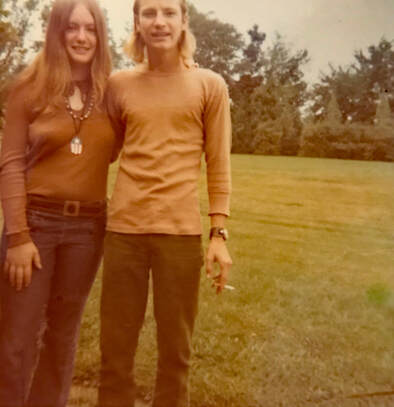 Sharon with Ernie, 1972 Sharon with Ernie, 1972 I spent several years in the writers group. I don’t think I was always open to the input from some of the members, probably because of how it was presented. But generally speaking, even those that came across as being overly critical had truth I could learn from. In time we modified our process for critique so we had to start out with three or more positive comments first before any negative comments. This was better for all of us because writers need positive reinforcement of what works along with knowing what to improve. It was fairly time consuming as there were four or five of us turning in lengthy chapters for review every two weeks. I know my chapters tended to be 7,000 or 8,000 words each. They were all cut a lot when I revised later on. I stayed in that group until I put the work aside in 2000. What do you hope readers will take away from No Rules? 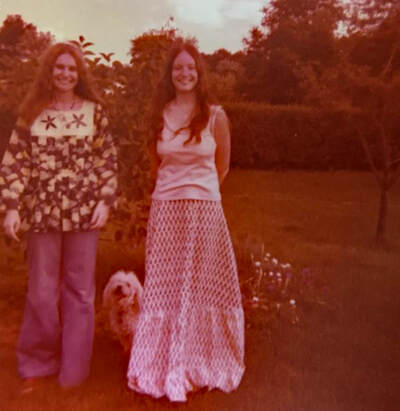 Sharon with her older sister Anne Sharon with her older sister Anne I want readers to experience what it was like to live in those times, and the transformation that came about as a result of discovering feminism and growing my own strength. What did you gain by writing the book? By writing this book, I have completed a goal I had for years, and often wondered if I would ever reach. By doing so, I was able to preserve a unique time in history that no longer exists and will always be part of who I am. What’s next for you as an author? I am currently working on a thriller novel that takes place in the near future when climate science has been declared to be illegal propaganda in the US, and activists are detained and disappear. Anything else you’d like to add? One of the greatest experiences of being a writer that I never expected, particularly now because of social media, are the wonderful writers I have met and connected with online. My new tribe is made up of writers who are supportive of one another and offer support and information. We inspire each other and help one another reach our goals. I have discovered I am once again part of a larger community.
8 Comments
The last installment of HeartWood—the story of a young writer’s devotion to his grandmother and her literary legacy—got me thinking about other stories of art and devotion, which took me back to a trip to Albuquerque three years ago. 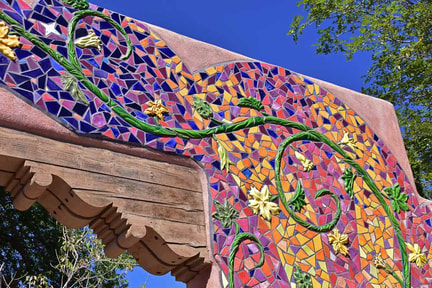 Mosaic in Albuquerque's Old Town Mosaic in Albuquerque's Old Town Albuquerque, nearby Santa Fe, and their surroundings are spilling over with creative people whose devotion to their art is evident. Painters, sculptors, mosaic artists, multi-media creators, jewelry designers—they're everywhere, and so are the fruits of their talents. 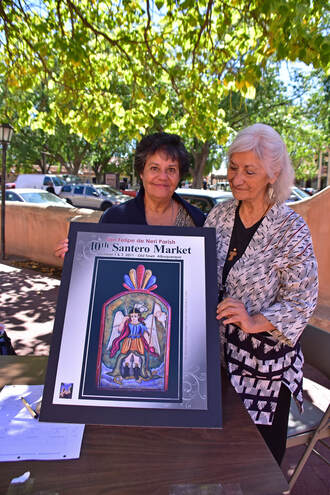 Promoting the Santero Market Promoting the Santero Market Evident, too, are signs of a different kind of devotion: works of art inspired by spirituality and religious faith. I learned about one type of this art from two women I chanced to meet on a Sunday morning in Albuquerque's Old Town. Felis Armijo and Ramona Garcia-Lovato were sitting at a table in front of San Felipe de Neri Church, signing up volunteers to help with the upcoming Santero Market. Santeros (and santeras) are artisans who craft religious icons called santos. Originally created for churches, these statuettes of saints, angels, Mary and Jesus, usually carved from wood and often decorated with home-made pigments, are now sold to tourists. 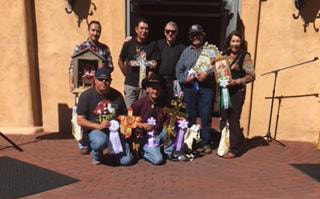 My conversation with Felis and Ramona rambled from topic to topic, touching not only on art, but also on writing, life stories, geography, and human nature. From their curiosity and warmth, it was clear these two women were dedicated not just to the event they were promoting and the parish to which they belonged, but also to connecting with other people—an art in itself. 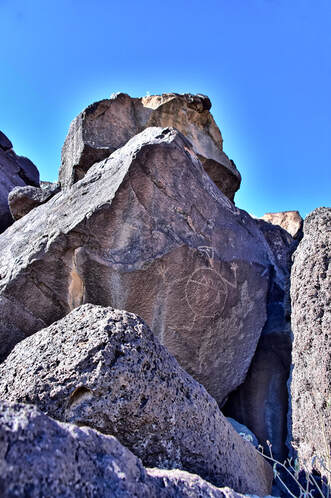 Petroglyph Petroglyph After our time in Old Town, Ray and I ventured out to Petroglyph National Monument, a short drive away. One of the largest petroglyph sites in North America, the monument features designs and symbols carved onto the surfaces of volcanic rocks by indigenous people and Spanish settlers 400 to 700 years ago. The site and its images still hold spiritual significance for the descendants of both groups of people. 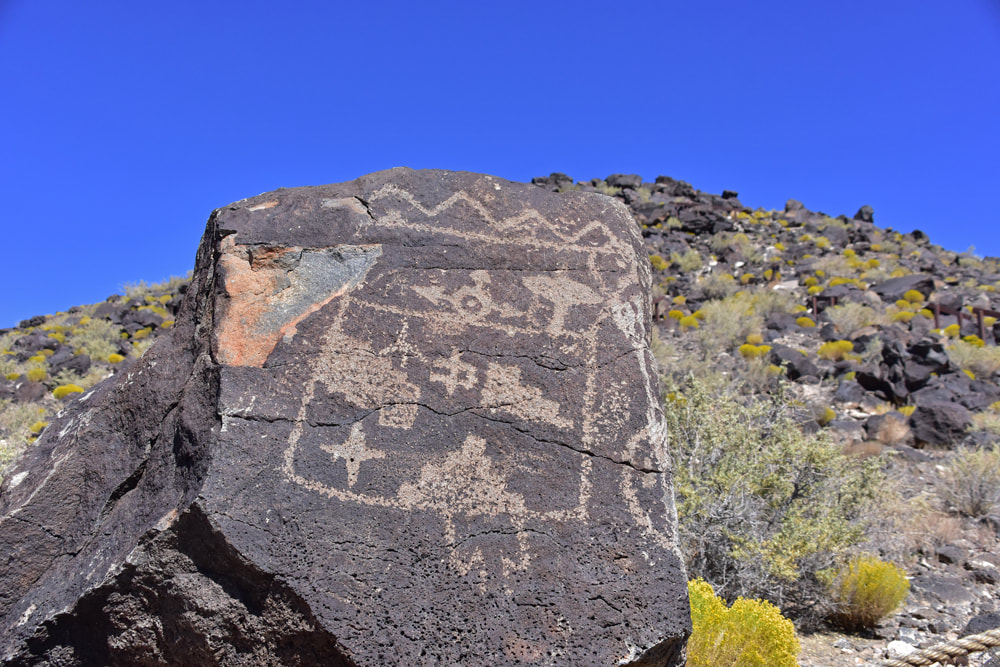 Significant symbols Significant symbols The meanings of some symbols have been lost over the centuries; others are known by a few indigenous groups, but it is considered culturally insensitive to reveal the meaning of an image to others. For me, it's enough to know that the symbols meant something to the people who created them and to ponder the combination of location and inspiration that gave rise to their work. 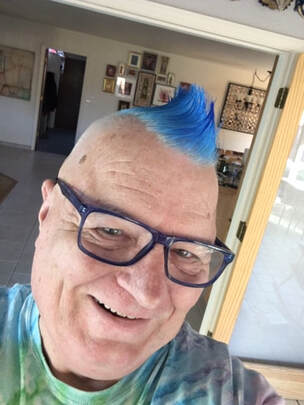 Larry Schulte Larry Schulte Not all works of devotion have religious significance. They also can be inspired by a more secular kind of admiration. Case in point: my friend Larry Schulte, an artist who now lives in Albuquerque, created his own "Saints" series, featuring mortals who have made a difference in his life. “I was raised in a fairly strict Roman Catholic home, and I left that faith many years ago—mostly because of their stance on gay people, that we were sinful,” Larry reflects. “These saints in some way replace the saints I learned about in my childhood . . . They are all loving, sharing people who have made my world a better place. We all need something to believe in. For me it is love, art/creating, and people, rather than any organized religion.” 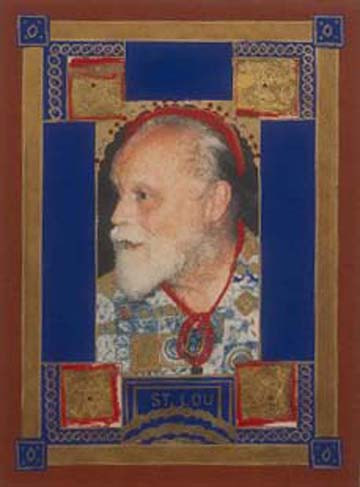 St. Lou St. Lou Some of the fifteen mixed media pieces, which Larry created at the Ragdale Foundation, an artist's colony north of Chicago, feature well-known figures—such as the innovative composer Lou Harrison and Harrison's life partner Bill Colvig, an instrument builder who collaborated with Harrison on gamelans and other percussion instruments. But they also include more personal choices: Larry’s undergraduate art instructors, St. Jack and St. Keith, for instance. “Jack was particularly influential in my pursuing art,” Larry recalls. 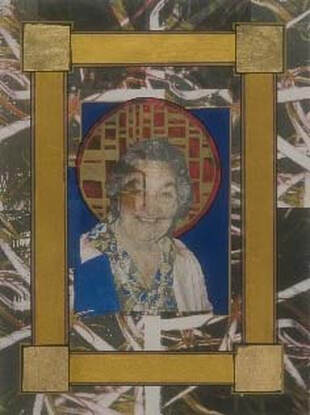 St. Elvira St. Elvira St. Elvira’s son Peter was Larry’s roommate and best friend during their days at the University of Kansas in the late 1970s to early 1980s. Elvira lived in New Jersey but had visited Peter and Larry in Kansas. “After I moved to New York City, she included me in holiday family gatherings when I wasn't able to get back to my own family in Nebraska. She adopted me as another son.” 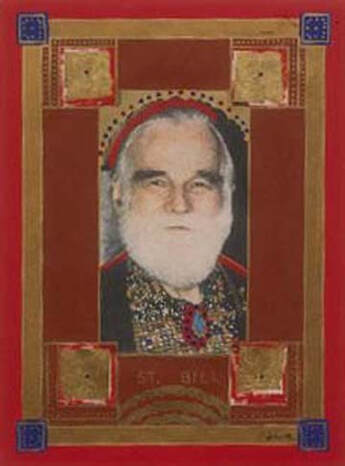 St. Bill St. Bill In 2016, Larry and his partner Alan Zimmerman, a percussionist, traveled to San Francisco for a concert of Harrison's music to celebrate what would have been his 100th birthday. Two of Larry's art works (St. Lou and St. Bill) were exhibited at the concert, which was sponsored by the non-profit organization Other Minds.
With in-personal author events still on hold indefinitely, I've decided to devote one blog post each month to an author interview. I'm kicking off this new feature today with a Q&A that tells the remarkable story of a young writer's devotion to his grandmother and her literary legacy. For reasons you'll understand as you read on, it wasn't possible to interview Barbara Mahase Rodman, author of the recently published novel Olas Grandes. Instead, this interview is with her grandson David Kuhnlein, who edited and published the book after the long lost manuscript was unearthed. The manuscript for Olas Grandes was stashed in a trunk for about forty years before you found it. Tell us more about how you learned of its existence and managed to locate it. For the most part that’s true: the manuscript sat in her trunk since 1979, full of potential, charging up like a battery. Barbara Mahase Rodman (my grandmother, known by her grandsons as Babbie) got many rejection letters in the 70s and 80s, due to a couple factors, one of which was her animosity towards the editing process. Another was her interest in larger publishing companies. I hadn’t heard of Olas Grandes, or at least I’d forgotten about it, until I read my great grandmother’s autobiography My Mother’s Daughter – a testament to growing up as a strong Indian woman in Trinidad. My mom told me that I was mentioned in the back of the book where Anna Mahase Snr. wrote about the family. So, of course, that’s the first place I looked! Sure enough I found mention of me, but more rewarding was a typo – it said that Babbie had published two books: Love Stories for All Centuries, which I had read, and Olas Grandes. My mom, uncle, and I quickly searched Bab’s house for the manuscript, and hidden in a massive wooden trunk, brimming with so much of her writing, we found it. Did you know right away you wanted to edit and publish the novel? What led to that decision? Well, first I wanted to read it. There’s something incredible about reading a book written by an elder like Babbie who, at the time I found the book, suffered greatly from dementia. The manuscript's weight in my bag became a talisman, and as I walked around with it I felt like I was hanging out with her, aeons ago, in Trinidad. After reading the first few chapters I took a train across the country. I didn’t want to take the only copy of the book on the trip, so I let those early chapters linger in me. I talked to my friends Adam and Katie a lot about the project. Even speaking of the project excited me, and it was in the tangle of conversations -- and questions I asked every reader and writer I encountered -- that I decided something had to be done with this book. At the time, I was writing a series of lyric essays on illness and a recent surgery I’d had. But while writing them felt important, it also made me physically sick. Focusing my energy on transcribing Olas Grandes was a way to keep writing, while also taking a needed break from my own project. Gail Kuhnlein, my mom and Barbara's daughter, is also a writer, and lucky for me she agreed to help edit the book. I couldn't have done it without her. What was Barbara’s reaction when you told her of your intentions? How old was she at that point? Was she able to be involved in the process as you worked on it? 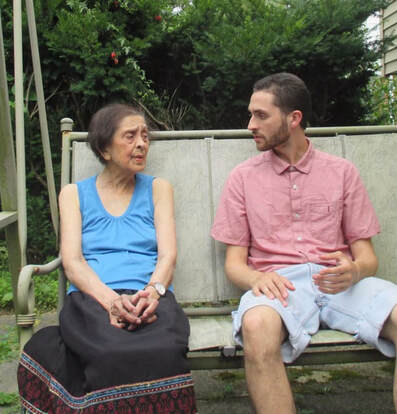 Barbara and David, August 2019, three months before Barbara's passing Barbara and David, August 2019, three months before Barbara's passing Honestly, her reactions depended on the day. In the two years before Barbara passed away, my visits to her house increased, and I began to help informally caretake. Because of her memory, we had certain conversations regarding Olas Grandes over and over again, to the point where I observed patterns and ways to create shortcuts around them. For instance, sometimes she’d tell me that Olas Grandes was not a novel, but a story, and it was already published. So I’d have to preface a conversation about her book by showing her the physical manuscript and explaining that it’s different than her other book. But other times, like magic, she knew exactly what was happening and was thrilled. “Never could I have imagined,” she once told me, “that this darling, darling little boy would be helping me publish my book.” She was 90 when I re-discovered Olas Grandes, and the project took roughly two years to manifest. She was involved peripherally. I would read passages to her that I didn’t understand, either because of her diction or place names, and asked her to explain. Cultural words, fauna, flora, and Trinidadian myths stayed with her, and she usually had no problem giving me details or stories associated with these passages. In the acknowledgments, you say you tried to keep Barbara’s voice intact during the editing process. Being a writer yourself, was that difficult? Did you ever find yourself wanting to impose your own style? It was easier than I thought it’d be. I have a knack for imitating other writers, and have a lot of fun impersonating. I think of it like a painter trying to paint . . . oh anyone, to use a Trinidadian example, M.P. Alladin, by sight. (A more accessible example perhaps is how musicians “cover” other songs, which is not a rip off, but a compliment, a head nod, perhaps even an advertisement.) It’s a fantastic exercise to let go of the ego that writers so often cling to around their work, and this release opens up a unique freedom to explore the architecture of language from a new vantage point. Also, I hadn’t written much fiction yet (that’s changed significantly since then), so perhaps I had a leg up there. The setting in Trinidad plays such a big part in Olas Grandes. What did that place mean to Barbara? Do you know how she came to write Olas Grandes? 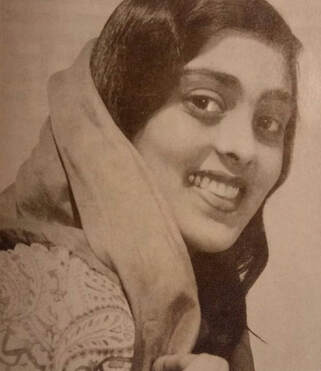 Young Barbara at McGill University Young Barbara at McGill University At heart she’s an island girl fortified with the blood of a princess. She was born and raised in Trinidad, where her grandmother Rookubai (a princess escaping an arranged marriage) arrived around 1887, a stowaway on a ship from India. I mention India because many Indians held onto Hindu traditions – celebrating Diwali and the belief in reincarnation – even though Canadian missionaries attempted to convert all the Indians on the island to Christianity. Although Hindu themes are peripheral in Olas Grandes, I think that Barbara’s interest not only in Hindu customs, but also her interest and study in the occult, was nurtured by island life. She called the Caribbean “the perfect background for dreaming.” One of my persistent, and unanswered questions I posed to Barbara, was: who is the character Ma Becky based on? Many of her characters are fictionalizations of family members, usually adorned with pieces of herself. Ma Becky is the only character I could never see clearly with this template. Bab knew some Trinidadian witches when she was growing up, who lived on the beach, but part of me thinks that there’s quite a bit of herself in Ma Becky. Babbie always loved fairy tales, fables, and myths, partly because of their appeal to both children and adults. She stayed rooted to the Caribbean landscape because it’s where she spent her youth. She had also recently and tragically lost her son, David Rodman, in 1977, just a couple years before writing Olas Grandes. I think that writing the book was a way for her to enter an alternate reality, in which Davey was a young boy again, and she was living in an idyllic gothic romance in her home country, but that’s just a guess. Did working on Barbara’s novel give you any new insights into her life?
Barbara was able to see the book in print before the end of her life, wasn’t she? What was that like – for her and for you? 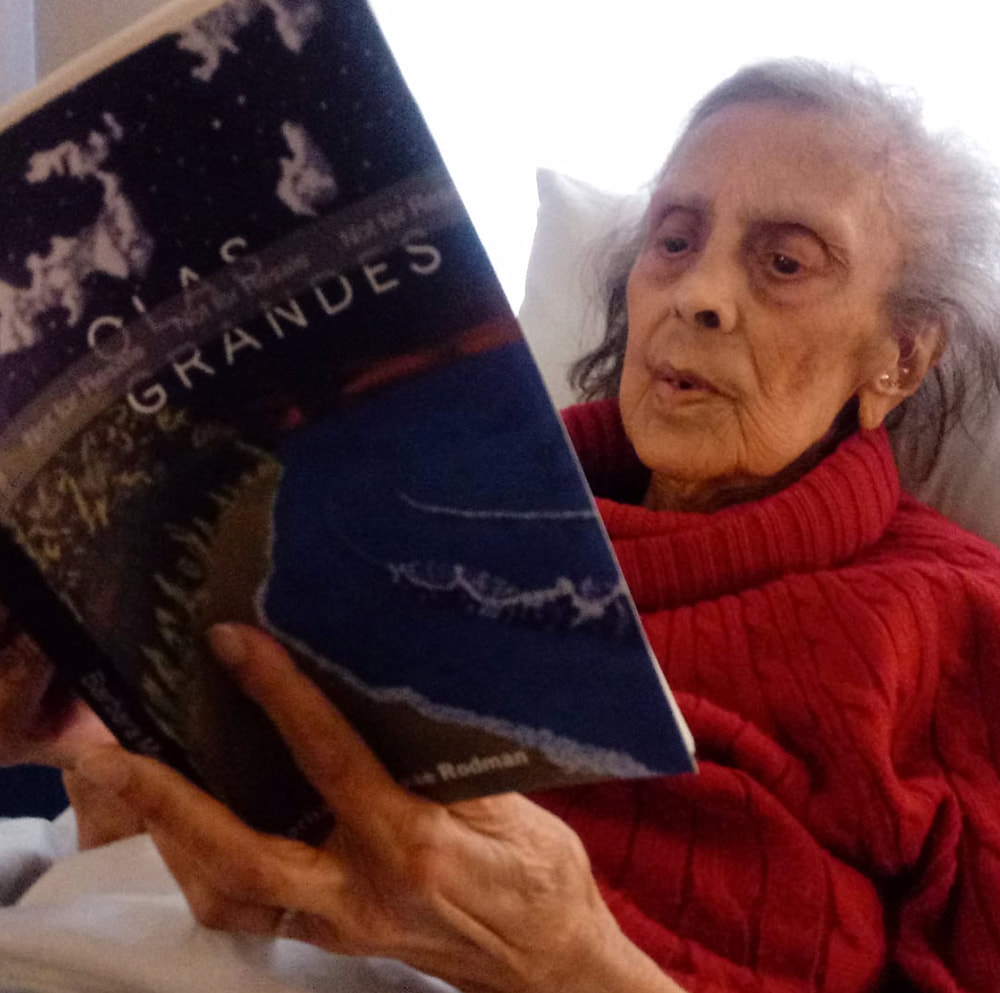 Barbara holds a review copy of her novel Barbara holds a review copy of her novel The review copy for her book arrived twelve days before she died. The same night we got the first full box of Olas Grandes copies was the night she passed away. Seeing her hold the book and flip through it was an incredible moment of this journey. With people still reading and buying and reviewing her book, that journey continues. Between my mom and me, we read Babbie about seven chapters before she died. She didn’t remember writing the book, but at the end of each chapter she'd say, “I like this story, keep reading.” Usually when I'd read her the Detroit News she’d get burnt out listening about half-way through an article. Not so with Olas Grandes. I can only imagine what went on in her mind, listening to her grandson and daughter read words to her that she wrote some forty years ago. There was some magic there for all of us. Your uncle Ken created the stunning cover art. Was the cover design a collaborative process, or did you give him carte blanche? 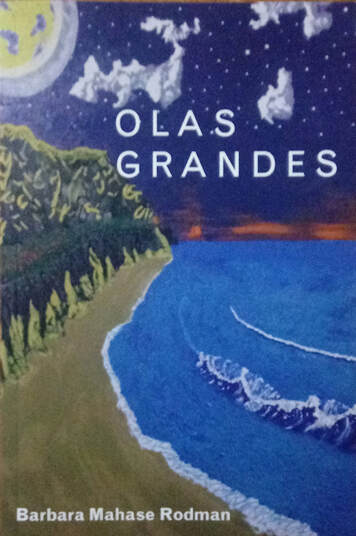 The book cover The book cover My uncle Ken and I sat at the kitchen table for hours, discussing the project. When we decided that we were going to independently publish the book for temporal reasons, as well as “sweet romance” not being as salable as some of the more hardcore stuff in the romance marketplace, we decided that he’d paint the cover. I gave him some ideas, and we read some passages from the book aloud to give us a sense of voice and place. But Ken was born in Sangre Grande, so he knew what the coastline looks like better than I do! One funny thing about the painting was that he started painting these tiny waves, but since olas grandes translates to “big waves”, my mom suggested making the breakers a little bigger. It was a Homer Simpson moment, I think he even smacked his forehead, “D’oh!”. Barbara’s bio says she also wrote Love Stories for All Centuries. Can you say more about that? She also contributed to the Detroit News Sunday magazine. What kinds of thing did she write for the magazine? 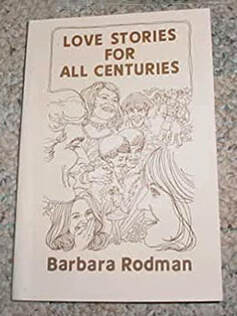 The cover of Barbara's first book The cover of Barbara's first book Love Stories is a magical little book weaving together love stories across three continents, the common thread plucked from a dreamlike vapor, the mist of eternity on which every story’s loomed. It’s her first book, published in 1985 by the International University Press and printed in an underground style. I’m biased but I think it’s an exceptional project. She mingles famous love stories with her own; lovers meet in and out of dream worlds, recognizing one another by their eyes, and it’s all built on the history of Trinidad, India, and Spain – her spiritual home. Babbie would say to me, “I don’t believe in reincarnation. It’s not something I have to believe in because I know that I’ve lived another life in Spain.” Reading her books and articles in the Detroit Sunday News Magazine, which used to come folded inside the Sunday edition of the Detroit News, it’s clear that for Barbara, death was not a barrier but a reprieve. She concludes one of her many articles by writing, “I am a dreamer living in my own world of dreams. I hate reality, but Life is reality, therefore I compromise and leave my dreams alone for a while, as long as Life lasts. After Life, I can have my dreams and all the things I love all to myself.” She wrote emotional pieces, like this one, but she also contributed silly articles. In one of my favorites, she talks about each item from “Twelve Days of Christmas” – partridge, pear tree, drummers, rings, etc. – and adds up their price, telling the beloved what to do with her gifts. Which ones to keep, which to donate to a local bird sanctuary (there are a lot of birds) and what she should now think of her “true love” after he heaps these excessive gifts into her lap. “I don’t know about you,” she writes, “but I’d be happy with a single gold ring.” I see from the Olas Grandes Facebook page that you’ve been matching proceeds from sales and donating to worthy causes. What went into your decision to do that, and how’s it going? This entire project revolves around a sense of duty. Not only to my grandmother, or our family, although that’s a large part of it, but there was also something more elusive, and larger. I have a few practices I perform religiously. One is writing. Another is listening. Longstanding systemic health and social inequities disproportionately affect Black people in the US – and the coronavirus pandemic is highlighting that fact. It’s important to know where our money’s going. The decision to donate to Detroit Will Breathe is just one way to support the amazing anti-racist work being done right now, as people continue to march, and people continue to buy. Do you have any other writing or editing projects in the works? I just finished my first novella – it’s a work of literary fiction about the notorious Austro-Hungarian vampire Béla Kiss. I’m still waiting to hear back from a few of my favorite small presses. I’m also continuing to write flash fiction, film reviews, and poems. Much of my own recent writing is forthcoming or published in online lit journals, and easily found if interested. (davidkuhnlein.wordpress.com) Also, sitting in my “to-do” pile are three more of Babbie’s full length manuscripts, two of which I’ve read, and are fantastic. I’m not promising anything, but if they get transcribed and edited, I’ll update the Olas Grandes fans on our Instagram, which I’m most active on @olasgrandesnovel. Anything else you’d like to add? I absolutely love your blog, Nan, and I’m so honored. Babbie would have been ecstatic. Thank you, from all of us, for the interview.
If April is the cruelest month, as T.S. Eliot contended, then July must be the friendliest. At least ten countries celebrate Friendship Day in July: Argentina, Bolivia, Brazil, Ecuador, Mexico, Nepal, Pakistan, Spain, Uruguay, and Venezuela. What better time, then, to commemorate a 33-year testament to an even longer friendship? 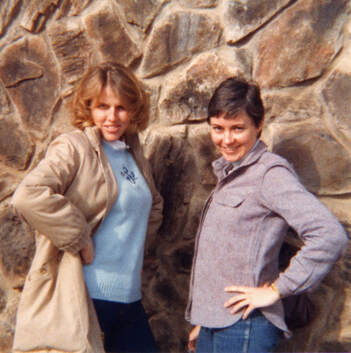 The way we were -- as thirty-somethings The way we were -- as thirty-somethings This particular tradition began in 1987, when I bought a blank book and wrote an entry in it for my friend Cindi’s birthday, promising to add another entry every year. With the exception of a few years that I somehow let slide by, I’ve kept my word, documenting the ups and downs of our lives—often eerily parallel—and our passage from thirty-somethings to senior citizens. 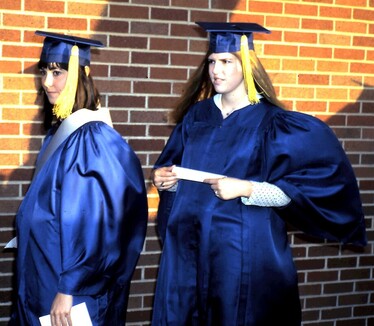 Lining up for high school commencement Lining up for high school commencement Our friendship goes back even further. My first recollections of Cindi are from fifth grade, when we were in different classes but sometimes hung out together on the playground. We got to know each other better in junior high and were best of friends by high school, when we spent countless hours cruising the Sonic together. When I moved away to Samoa, Cindi saved my letters, which proved invaluable in writing my memoir Mango Rash: Coming of Age in the Land of Frangipani and Fanta. In college, we were protest and peace-march buddies. 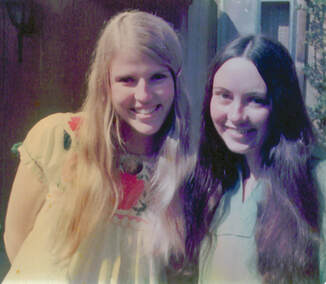 Younger days Younger days Then we moved to different parts of the country: Cindi to Texas, me to California, then Kansas and Michigan. Yet we never lost touch, continuing to exchange letters and phone calls, then transitioning to email, and visiting each other when we could. In time, our interests and political leanings diverged. Quite a bit. I wouldn’t say we’re on opposite ends of the spectrum now—we still agree on many issues—but we do have distinct differences. Once that became apparent, though, we made a conscious decision not to let those differences undermine our friendship. 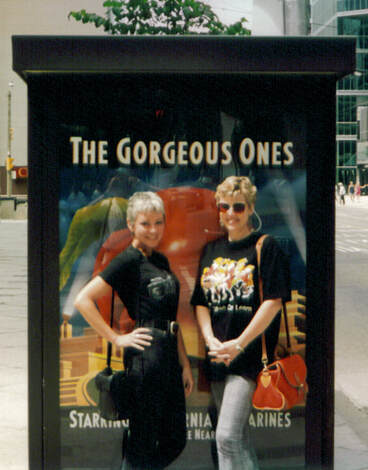 1994 meet-up in Toronto, where we started the tradition of trying to find backdrops that attested to our (real or imagined) gorgeousness 1994 meet-up in Toronto, where we started the tradition of trying to find backdrops that attested to our (real or imagined) gorgeousness Fortunately, one thing we’ll always have in common is our offbeat sense of humor. That, and the birthday book—along with cards, calls, and emails—continue to cement our bond. Every year, Cindi mails the book back to me, and every year I write my entry—sometimes adding a photo of the two of us together, if we’ve managed a rendezvous that year—before mailing the book back. After all these years, the cloth cover, decorated with pressed flowers, has begun to fray. I guess that’s to be expected. We’re not quite as fresh as we were thirty-three years ago, either (though we like the think we are). 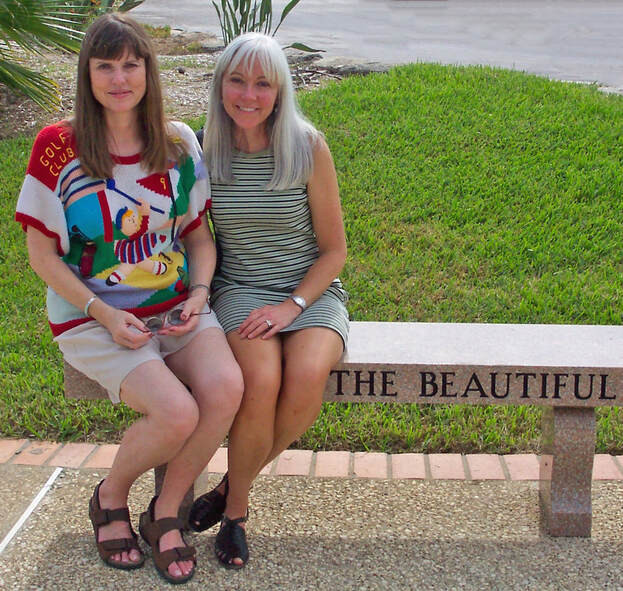 A decade later, in another "beautiful" setting. Corpus Christi, Texas, 2004 A decade later, in another "beautiful" setting. Corpus Christi, Texas, 2004 As memories have filled the book, and it’s become more precious to both of us, we’ve wondered if mailing it back and forth might be too risky, if maybe I should find a different way of adding entries. That thought crossed my mind this year as I put the book in the mail a few weeks ago, intending for it to reach Cindi in plenty of time for her June birthday. And then—oh, no—it happened. Due to a post office snafu so byzantine it would take another whole blog post to detail, the book was lost in the mail. Not only did it not arrive in time for Cindi’s birthday, it went missing without tracking information, so there was no way of finding out where it had gone. We consoled ourselves with the knowledge we’d both made photocopies of the pages. Cindi wasn’t sure where she’d put hers, but I was pretty sure I’d made a copy just last year and put it in a file under her name. Sure enough, I found the copy in the file, only to discover I hadn’t made it last year, I’d made it nine years ago. Now, as we wait for the book to show up—and we have to believe it will show up—I look back at pictures from all those years and re-read the entries I managed to save and know that, book or no book, we’ll always have something worth celebrating.
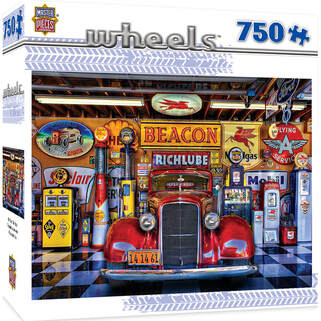 Jigsaw puzzles: among the new ways of entertaining ourselves Jigsaw puzzles: among the new ways of entertaining ourselves In recent months, we’ve all had to adapt in ways we never expected: new ways of shopping, socializing, working, entertaining ourselves (jigsaw puzzles, anyone?). With Ray and me both retired, the changes weren’t as drastic for us as for many people. While there have been challenges, our adjustment has been relatively smooth, for which I’m grateful. But this home-centered span of time has also shown me how un-adaptable I am in other parts of my life and how I’ve been holding onto expectations that don’t square with reality.  Take my activity patterns, for example. For most of my life, I was an early riser. During my working years, both as an employee and as a freelancer, I usually got up at 5 a.m. and started work at 7:30 or 8:00. For a while after I retired I continued waking up and getting out of bed by 5:00 or 6:00, whether I wanted to or not. I seemed to be hard-wired to get up and get going early. In the past year or so, though, I’ve started sleeping till 7:00, 7:30, and sometimes even later. I feel like I need the sleep, like my body demands it, especially if I’ve done something intensely physical the day before, like a long hike or hours of outdoor work.  I am not a slug! (Photo: Peter Stevens) I am not a slug! (Photo: Peter Stevens) Yet every time I get up later than 6:00, I scold myself for being such a slug, and I still try to keep to a routine that’s based on getting up earlier: meditating and doing yoga before breakfast, then making and eating breakfast, doing some reading over breakfast, cleaning up my dishes and myself, getting dressed, making the bed, doing whatever else needs doing, like taking out the mail, and still being ready to start the day’s main activities (writing and book promotion in the morning; chores, errands, and recreation in the afternoon) by 8:30 or so. So every day starts with this ridiculous and totally unnecessary tension about keeping to a ridiculous and totally unrealistic schedule.  Yoga: First thing in the morning? Or not. Yoga: First thing in the morning? Or not. I’ve experimented with various alternatives—putting off yoga until later in the day, meditating before bed instead of first thing in the morning, streamlining this or that. But I’m starting to see the problem isn’t with the routines themselves, it’s with my attitude toward them. So what if some mornings I get a late start and only have time to write for half an hour instead of an hour or two? Maybe I’ll make up for it another day. And if not, so what? Yes, I feel better on days when I write and I feel off-kilter when I don’t—writing is my happy pill, after all. And yes, I get great satisfaction from seeing the word count and page count increase by the day. But if the world comes to an end, I doubt it will be because I wrote 100 words today instead of 1,000.  Ahhh, the luxury Ahhh, the luxury My reality has shifted, and it’s high time to adapt to the new one instead of clinging to the old one. The truth is, I’ll probably never again routinely get up at 5:00. So why not try to see my sleeping-later habit for what it is—a response to a physical need, not a sign of sloth--and just enjoy the luxury of being able to structure my days around it. Which brings me to another realization about reality. Structure is something else I sometimes feel conflicted about. As I wrote in a 2016 blog post, we all have our own tolerance levels for chaos and structure, and finding the right balance between them is crucial for creativity.  Structure provides a bit of certainty in uncertain times Structure provides a bit of certainty in uncertain times As I’ve been examining how to adjust my usual routines to my unpredictable sleep patterns, I’ve questioned whether I still need a routine at all. After all, I’m retired. Most of the things on my to-do list are want-to-dos, not have-to-dos. Why not just do what I feel like when I feel like it? I’ve thought a lot about that lately, and I’ve come to this conclusion: There may be a time to ditch my routines, but this isn’t it. Experts say having consistent daily and weekly routines gives us a sense of certainty in these uncertain times. The trick is to make your days consistent, with enough variety to keep boredom at bay. Sounds like exactly what I’m aiming for as I try to adapt to new realities. I’ll let you know how that works out.
Have you adapted in any surprising ways over the past months? Have you discovered aspects of your life you can let go of and others you still need to hold onto? If you've been a HeartWood subscriber for a while, you may remember the Last Wednesday Wisdom feature that appeared on the last Wednesday of every month. When I switched to publishing blog posts only twice a month--on the first and third Wednesdays--that feature went away, except for occasional appearances in months with an extra Wednesday. During these troubled times, though, I couldn't think of anything better to offer than a collection of wisdom from other minds. I hope you find comfort and inspiration here. Life is glorious, but life is also wretched. It is both. Appreciating the gloriousness inspires us, encourages us, cheers us up, gives us a bigger perspective, energizes us. We feel connected. But if that's all that's happening, we get arrogant and start to look down on others . . . On the other hand, wretchedness--life's painful aspect--softens us up considerably. . . but if we were only wretched . . . we'd be so depressed, discouraged, and hopeless that we wouldn't have enough energy to eat an apple. Gloriousness and wretchedness need each other. One inspires us, the other softens us. They go together. -- Pema Chödrön You only get one chance. You have one journey through life; you cannot repeat even one moment or retrace one footstep. It seems that we are meant to inhabit and live everything that comes toward us. -- John O'Donohue Prejudice of any kind implies that you are identified with the thinking mind. It means you don't see the other human being anymore, but only your own concept of that human being. To reduce the aliveness of another human being is already a form of violence. -- Eckhart Tolle When you can't find someone to follow, you have to find a way to lead by example. -- Roxane Gay Clouds come floating into my life, no longer to carry rain or usher storm, but to add color to my sunset sky. -- Rabindranath Tagore My sense of the holy . . . is bound up with the hope that someday, any millennium now, my remote descendants will live in a global civilization in which love is pretty much the only law. -- Richard Rorty We have to fight them daily, like fleas, those many small worries about the morrow, for they sap our energies. -- Etty Hillesum You may not control all the events that happen to you, but you can decide not to be reduced by them. -- Maya Angelou You say to yourself when you are at liberty how desperate you are for your solitude, you love your periods of solitude, you scramble for it, you find ways of being by yourself so you can do what you want with yourself and your mind. But when you're deprived of it for a lengthy period then you value human companionship.
-- Wole Soyinka In the last installment of HeartWood, I wrote about some of the ways I've been filling my unexpected free time during the weeks of social distancing and Stay Home - Stay Safe. In this installment, I'm giving other folks a chance to share what they've been doing. And what a variety of things they've come up with! Check them out! Tonya Howe |
| This silent green life and death place. Life bursts forth, buzzing around me. Death underfoot- covering the forest floor. Smelling of earthy must and sweet pine. Fallen trees, once promising, now slowly decaying back into Life-giving soil. Life and Death- existing in this shared space. Life and Death, working hand in hand. Life giving into Death giving into Life. |
I Think They Will Not Mind
by Marsha Reeves
I think they will not mind that
wiikaa bi-dagoshinaan.
I arrive late.
Gijiigijigaaneshiiyag gii-giimoodaanagidoowag noopiming
The chickadees were mumbling in the bushes
besho naadazina’iganing.
by the box where I get mail.
Andawendaanaawaa Manaadendamaazowin
They needed an Honor Song
mii wenji-nagamotawagwaa
so I sang to them
nisidawenmangwaa miinawaa
because we understand them again
ezhi-manaadenimangwaa ingiw wiidokawiyangidwaa
the way we respect those who keep us company
gabe biboon
all winter.
Gaawiin da-giizhokoniyesiiwag misawa
They do not need to dress warm and yet
giizhokawiyangidwaa gidode’iminaaning.
they warm our hearts.
* First published on ojibwe.net
Written on the Wind
by Tom Cordle
I stumble in this foreign tongue and try to make the talk
I speak of when this land was young, and of my brother hawk
My spirit voice is hard to hear, I have so long been gone
But I will whisper in your ear, and having spoke, move on
This finger pushed into the sea of sand and swamp and pine
Has been a welcome home to me – I sing this land of mine . .. .
Of night song sung in joyous trill by every kind of fowl . . .
Of chickadee and whippoorwill . . . of warning from the owl . . .
Of plenty fish and wild oats . . . of berries blue and red
That danced their way down happy throats to bellies always fed . . .
Of rivers coursing through green world of gleaming golden lake . . .
Of alligator, hog and squirrel . . . of moccasin the snake . . .
The screaming panther ruled the pine, the eagle ruled the sky –
Oh, will you hear these words of mine? Will you even try?
I have no words on talking leaves for you to read, my friend
For all this simple man believed was written on the wind.
Animal Planet
by Tim Hawkins
and our hearts seek meaning among the stars,
wild creatures assert their presence
in the here and now
and the just here and gone.
Unknowable in the way one speaks
of the alien and other-worldly,
the title to their kingdom is forged
in their absolute
manifestation of the flesh.
If this seems ironic and abstract,
then so be it.
For irony and abstraction
are our great gifts--
not to the world, but to ourselves--
invented for our survival.
And we, of course, are the real aliens;
Each a world unto one’s own,
orbiting a sun of its own devising.
* First published in Sixfold, July 1, 2013, Summer 2013
Collected in Jeremiad Johnson (In Case of Emergency Press, 2019)
Our Mother (In the Pandemic of 2020)
by Sally C. Kane
Do you hear her – Our Great Mother?
In this moment, in time - a reprieve -
when all human activity
has slowed to bare bones minimum,
She inhales an expanse of cleaner air.
Exhales a wasteland of toxins.
Do you hear her – Our Great Mother?
She weeps for us, her children – All
Residents, two-legged and four,
winged, finned and serpentine. We
share the same earth, sea and air.
We, the two-legged ones, hold
the choices in concert with Our Mother.
Even as forces seem out of control, and
the playing field remains unequal.
Do you feel her – Our Great Mother?
She shudders as the sludge venoms
from Frack wells, the vast desolation
from wildfires, and endless wars’ ravages
do a rival dance with the C-virus.
I wonder about this massive
Blue Marble in our universe. The
one we call home. Our Mother.
There’s nowhere else to go. We cannot
just walk off or fly away.
I wonder, if I were an astronaut, or
could hitch a satellite ride, how - in this
Pandemic blink of time –would
Our Mother, our home - look?
Would her greens be greener, her blues
be bluer, her storms less turbulent,
her mass free from veils of smog?
Like a cataclysm, would I see
a rotating orb, vibrating
glimmers of brighter, kinder energy?
Perhaps violet or white? Would
I know – would we all know- we’ve
begun to exercise our choices for love?
Mother's Milk
by Jessica Mondello
Addiction lies between the lines
And love was lost to pride and glory
This ego virus made us blind
Your mother's dying by your hands
But you won't listen
Her blood is all over your hands
Will you listen
The soul was lost beyond the shadows
The fog will choke us into dust
Collective conscience chose the gallows
The time of man will turn the dust
Your mother's dying by your hands
You won't listen
Her blood is all over your hands
Will you listen
The Soul of Spring
by Kathy Misak
I see it in the buds of the maple.
I hear it in the sounds of the red wing black bird.
Inquisitive cat so happy to be playing outside
Warm breeze on the back of my neck
I see it in the new bright yellow feathers of the gold finch.
I hear it in a distant barking dog.
Ever grateful to be walking this Earth mother experiencing my spring soul
And The Earth Stayed Young
by Tom Cordle
And the buffalo could roam
The rivers clear and clean
Washed by our simple homes
And all turned in the wheel
And the sacred song was sung
To teach us what was real
And the earth stayed young
Once a man would take
No more than he could use
Set bones back in the lake
When a meal of fish was through
And all turned in the wheel
And the sacred song was sung
To teach us what was real
And the earth stayed young
Once the earth was young
And men saw with their hearts
That everything was one
And man was but a part
And all turned in the wheel
And the sacred song was sung
To teach us what was real
And the earth stayed young
Now the earth is old
The buffalo are gone
The rivers have been sold
And man stands all alone
Let all turn in the wheel
And sing the sacred song
To teach us what is real
So the earth stays young
What Have You Learned
by Jessica Mondello
That you've all been praying on
That God has only destroyed you
And you can't drink the oil
You've been pulling out of the ground
Your momma's shaken and torn . . . fool
Do you know what you are
And what you're here for
When it all comes crashing down
What have we learned
Distractions have kept you
From what's really going on
Keeping you away from your mother
Her life source you could tap into
Can heal that broken bond
Yes, you can get there inside you
Do you know what you are
And what you're here for
When it comes crashing all down
What have we learned
Pale Blue Seasons
by Tim Hawkins
in the flight of a heron, and to the surrounding
darkness where countless feed.
But so much that is unattainable, so much
that lies beyond the sovereign dark, rises up
out of the pale blue season of twilight
like fireflies summoning among the trees
as the moon loses her translucent and ghostly pallor
in the evening’s first clear and troubling dreams.
***
Toward daylight, the deer rise up
from among the flattened grasses
and low-lying hummocks,
emerging in the cool of morning
from indiscernible swales
and cedar swamps,
wary and shy, but alive with owning
at least a part of this
pale blue season of wildflowers.
* First published in Blueline: June 2011, Volume 32
Collected in Wanderings at Deadline (Aldrich Press, 2012)
That’s when I came up with the idea to host a couple of virtual Author Expos on HeartWood. I posted the first one two weeks ago. The second installment opens today.
Here, you can visit the virtual tables of seven authors and check out their varied offerings. If you find a book you love—and how can you not, with this many authors and books?—please consider using some of your unexpected free time to write and post a review on Goodreads, Amazon, or both. The author will thank you and so will readers who learn about the book from your review.
HeartWood Author Expo 2 is now open!
Norma Lewis
Forget San Francisco, Norma left pieces of her heart in Alaska. No cruises or packaged tours for her, she prefers experiencing the state independently via ferry, mail plane, rental car, train, motor-home, bush plane, and an occasional bus. In 2014 she was Jason Mackey’s IditaRider. Many of her Alaska adventures have ended up as magazine articles, though now she is focusing on books.
To be fair, she loves Michigan too, as her books on Michigan history attest. In Norma’s view, history isn’t dates and wars and documents, it’s people and how they reacted to the events that unfolded around them. In researching her books, she’s drawn not to dry facts, but to the quirky.
Norma’s nonfiction titles include Wild Women of Michigan: A History of Spunk and Tenacity; Lost Restaurants of Grand Rapids; Legendary Locals of Grand Rapids; Grand Rapids: Furniture City; 100 Things to Do in Grand Rapids Before You Die; Muskegon; Grand River; Dutch Heritage in Kent and Ottawa Counties; Wyoming; and Connecting the Coasts: The Race to Build the Transcontinental Railroad, and Show Me The World Eskimo-Indian Olympics: Casey Ferguson.
In addition, she is the author of Kasey’s River Song: Spinning Dreams in Gold Rush Alaska; and Dear Santa, I Know It Looks Bad but It Wasn’t My Fault.
Laura Holmes
Author, adventure traveler, volleyballer, biker, hiker, and yogi—Laura is not one to sit still. She’s always on the go, looking for the next big idea. Co-owner of a marketing communications company, FineLine Creative, she advocates life-work-play balance and encourages others to immerse themselves in different places and cultures, as she has through her travel adventures.
In her spare time, Laura writes a monthly travel blog. Her recently-released book Travel Light is a memoir that explores the lighter side of travel with doses of humor, adventure, and personal transformation. Through her stories, she takes readers along on journeys to Italy, Ireland, Spain, France, Alaska, Arizona and her home state of Michigan.
Sherry A. Burton
Born and raised in Kentucky, Sherry and her Navy husband lived in nine states before settling in Michigan. She got her start in writing by pledging to write a happy ending for a friend who was going through tough times. The story surprised Sherry by taking over and practically writing itself, and launched her into a new life as an author.
Her historical fiction series, The Orphan Train Saga, follows the stories of children who were transported from Eastern cities to foster homes in the Midwest between 1855 and 1929. While the children in the stories are fictitious, each child’s story is told with the use of history from the era to add flavor and excitement to the tale.
Her other novels include Tears of Betrayal, Love in the Bluegrass, The King of My Heart, Surviving the Storm, Somewhere in My Dreams, Seems Like Yesterday, and Always Faithful.
Sherry also writes children’s books under the name Sherry A. Jones.
Robert Muladore
A former Michigan State Police officer, Robert was launched into police work as as the first full-time patrolman with the Bridgeport Township, Michigan police department, initially without the benefit of formal police academy training. After surviving those eighteen months of on-the-job training, he began his career with the Michigan State Police, where he was first assigned as a trooper near Detroit, conducting countless criminal investigations. From there he went on to a variety of assignments over his 25-year career, furthering his education with an associate’s degree in criminal justice, a bachelor’s degree in criminal justice from Madonna University, a Juris Doctorate degree from the Detroit College of Law (now MSU School of Law) and a Ph.D. in Public Affairs and Administration from Western Michigan University. He currently practices civil law and is working on a new book about his experiences as an attorney.
His first book, Tuebor – I Will Defend: An anatomy of a Michigan State Police Trooper, is the story of an honest, hard-working yet naïve young man who chose to leave the safety of civilian life for a career of a dedicated police officer. The book depicts the daily lives of officers and captures the human side of police work.
Wendy Sura Thomson
Wendy’s memoir, Summon the Tiger, is a story of surviving and thriving in the face of extraordinary obstacles. Born with congenital skeletal abnormalities, she had a leg amputated as a toddler. Her father suffered from World War II induced PTSD, and her mother was emotionally unstable. Wendy coped by escaping to a world of books and music. But when her father sold everything to buy a freighter and travel around the world, Wendy signed on as navigator. She jumped ship in Miami and headed out on her own, as what was left of her family disintegrated. As she pursued her studies and met a coterie of colorful characters, she was forced to evaluate what was most important to her.
Wendy’s other books include The Third Order and a children’s book, Ted and Ned. In addition, she contributed to Postcards from the Future: A Triptych on Humanity’s End.
Besides writing, Wendy’s pleasures include sipping coffee outdoors first thing in the morning, rain or shine; listening to the waterfall and the birds; and watching—often with amusement—her two beloved Irish Setters explore.
Kimberly Bell Mocini
Kimberly grew up in Rockford, Michigan and went on to earn a degree in business administration from Aquinas College and to study art at Kendall School of Design. Early in her career, when the microwave oven was first introduced, Kimberly traveled throughout Michigan teaching hundreds the “how to” of microwave cooking. That led to her first foray into publishing, a cookbook called For Better Meals The Microwave Way.
Her more recent book, My Child Wasn’t Born Perfect, is a personal and inspiring story of the challenges she and her family faced while raising a child who had a learning disability that was classified under the autism umbrella.
Nan Sanders Pokerwinski
Nan (that’s me!) is a former science writer for the Detroit Free Press and the University of Michigan, whose award-winning work (under the byline Nancy Ross-Flanigan) has appeared in numerous magazines, newspapers, and online publications. Her blog, Heartwood (http://www.nanpokerwinski.com/blog), focuses on creativity, connection, and contentment.
Her memoir Mango Rash: Coming of Age in the Land of Frangipani and Fanta, which won first place in the memoir/nonfiction category of the Pacific Northwest Writers Association literary awards, chronicles her search for adventure—and identity—in two alien realms: the tricky terrain of adolescence and the remote U.S. territory of American Samoa. Against a backdrop of lava-rimmed beaches, frangipani-laced air, and sensual music, she immerses herself in 1960s island culture with a colorful cast of Samoan and American expat kids. The lessons she learns in the process prove invaluable when she’s faced with crises as trivial as a mean girl’s put-down and as staggering as a fire, a hurricane, a drowning, and her own health crisis.
When she’s not writing, Nan takes photographs, makes collages, and wanders the woods around the West Michigan home she shares with her husband Ray Pokerwinski.
from the heart of the woods
Available now!
Author
Nan Sanders Pokerwinski, a former journalist, writes memoir and personal essays, makes collages and likes to play outside. She lives in West Michigan with her husband, Ray.
Archives
April 2022
August 2021
July 2021
June 2021
May 2021
April 2021
January 2021
December 2020
November 2020
October 2020
September 2020
August 2020
July 2020
June 2020
May 2020
April 2020
March 2020
February 2020
January 2020
December 2019
November 2019
October 2019
September 2019
August 2019
July 2019
June 2019
May 2019
April 2019
March 2019
February 2019
January 2019
December 2018
November 2018
October 2018
September 2018
August 2018
July 2018
June 2018
May 2018
April 2018
March 2018
February 2018
January 2018
December 2017
November 2017
October 2017
September 2017
August 2017
July 2017
June 2017
May 2017
April 2017
March 2017
February 2017
January 2017
December 2016
November 2016
October 2016
September 2016
August 2016
July 2016
June 2016
May 2016
April 2016
March 2016
February 2016
Categories
All
Art
Better Living
Books
Community
Creativity
Events
Explorations
Food
Gardens
Guest Posts
Health
Inspiration
Last Wednesday Wisdom
Local Artists
Mecosta County
Montcalm County
Music
Muskegon County
Nature
Newaygo County
Oceana County
People
Photography
Pure Michigan
Reflection
Return To Paradise
Samoa
Writing
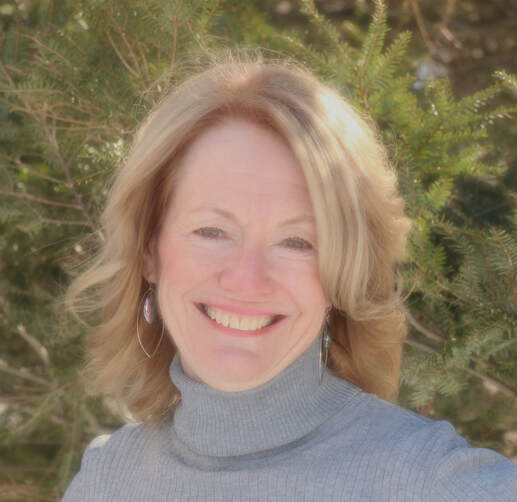
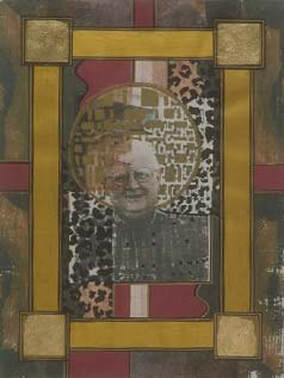
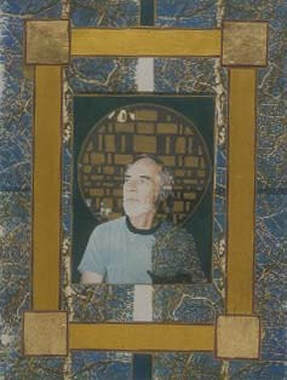
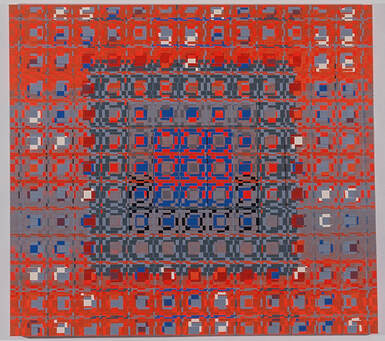

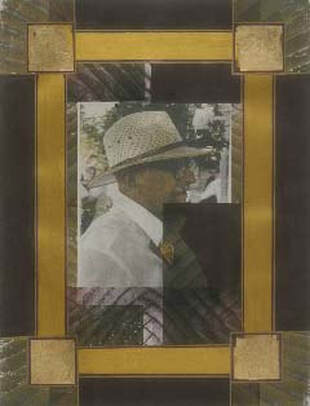
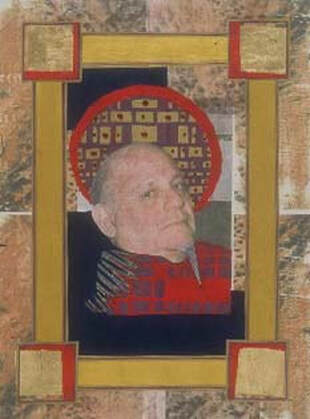
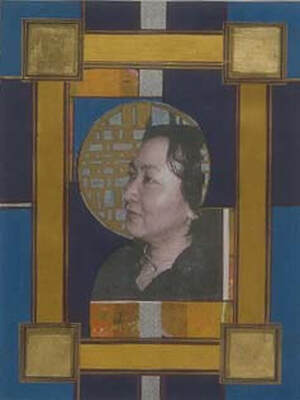
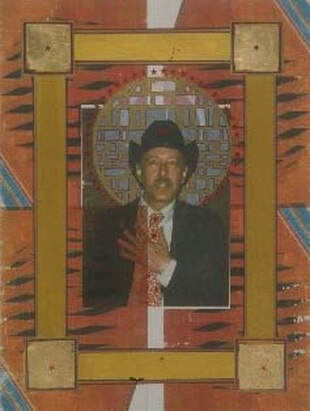
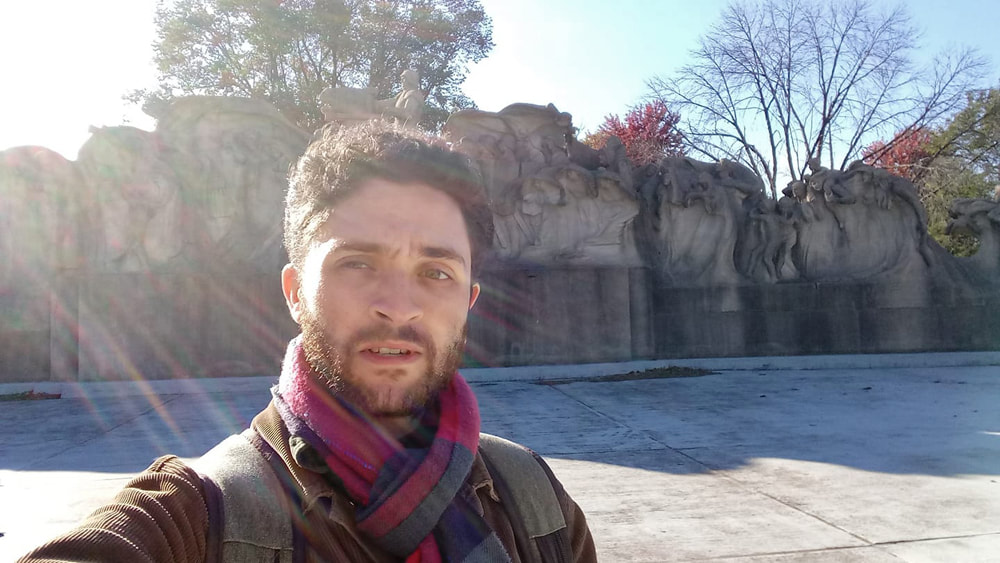
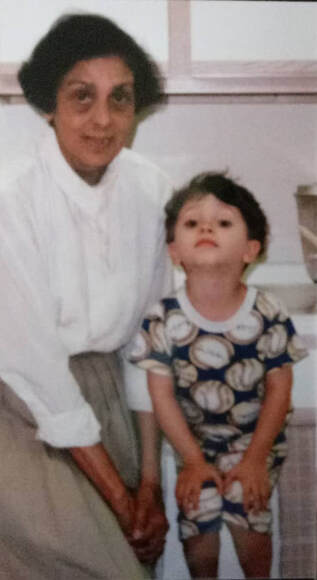
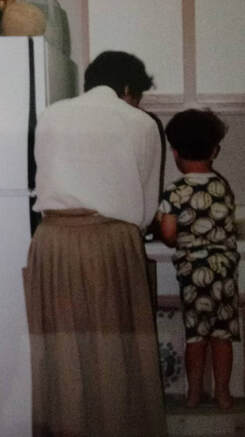
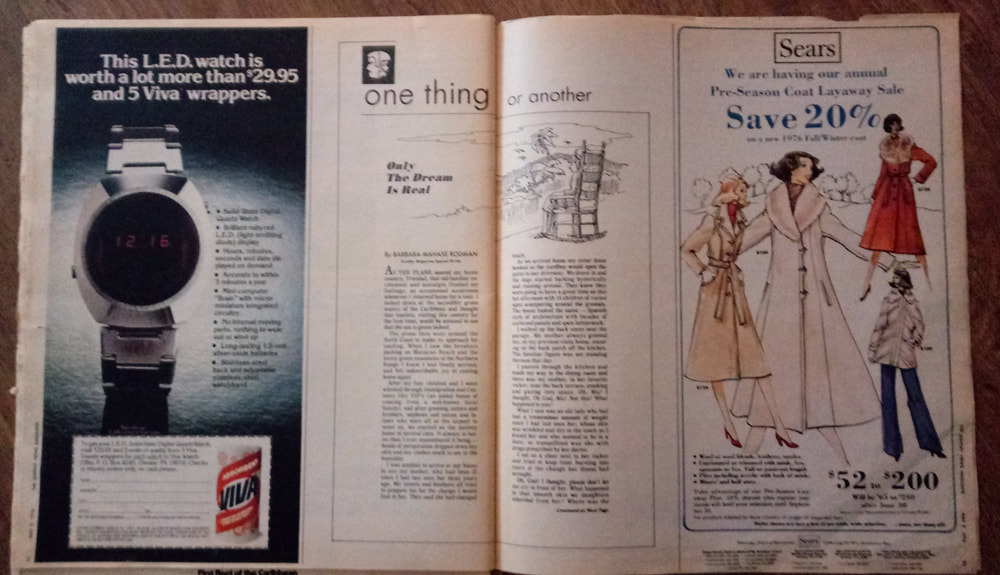
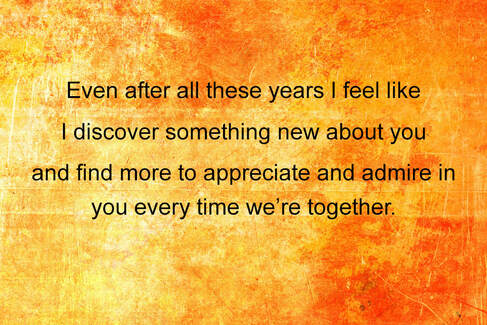
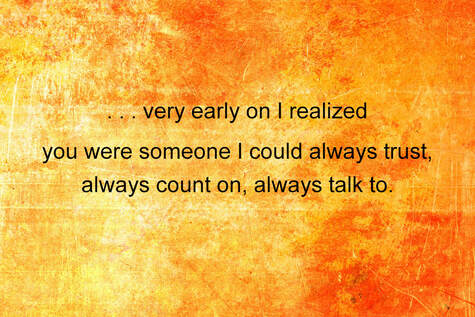
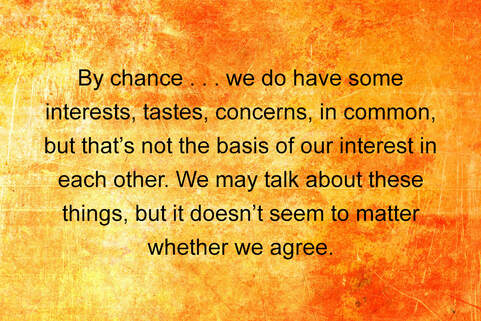
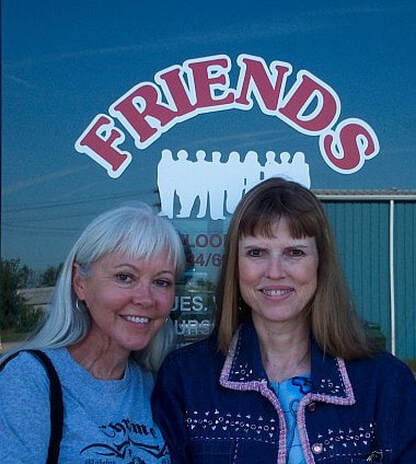
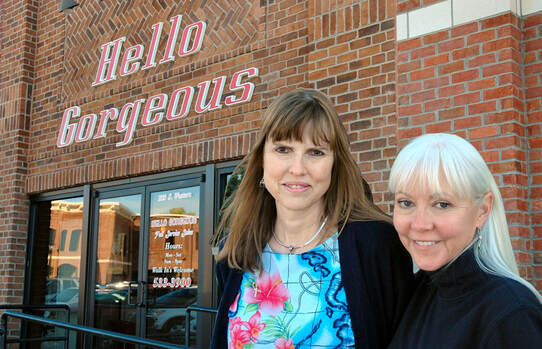

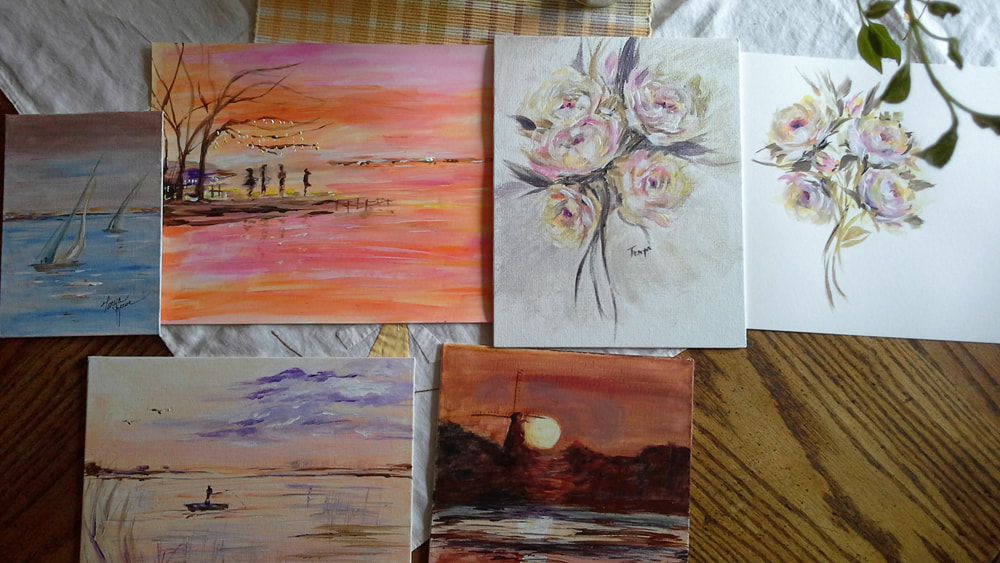
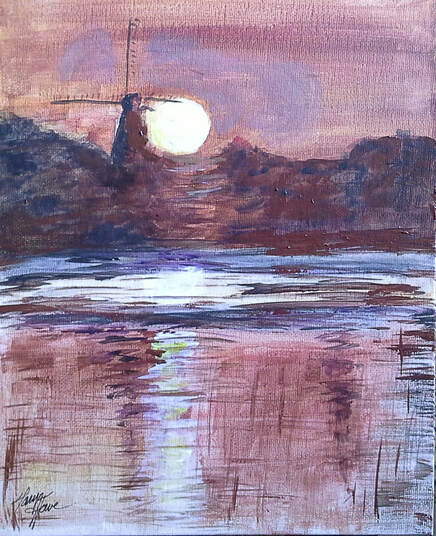
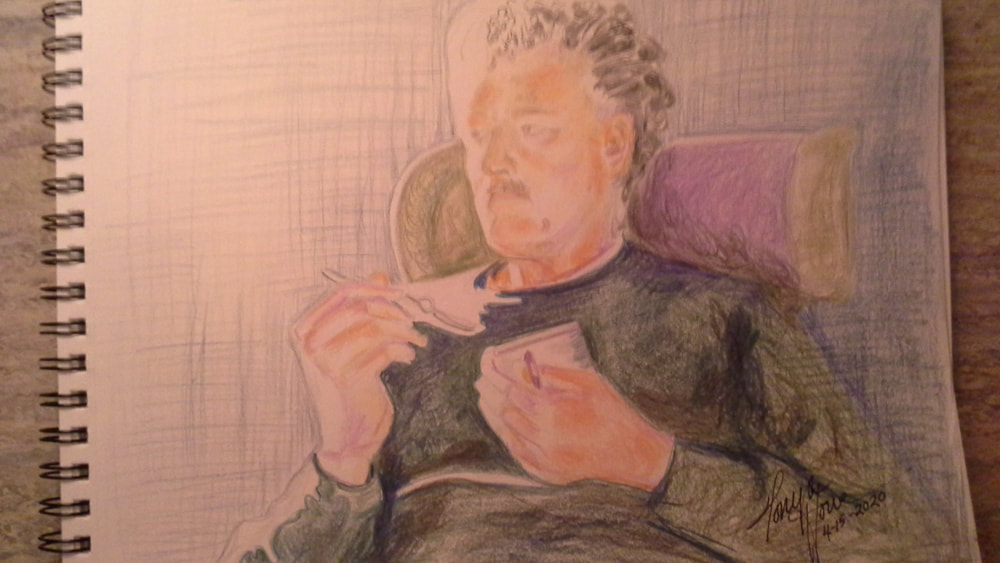
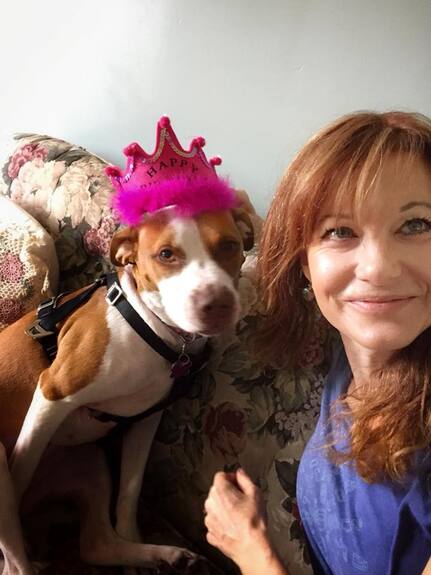

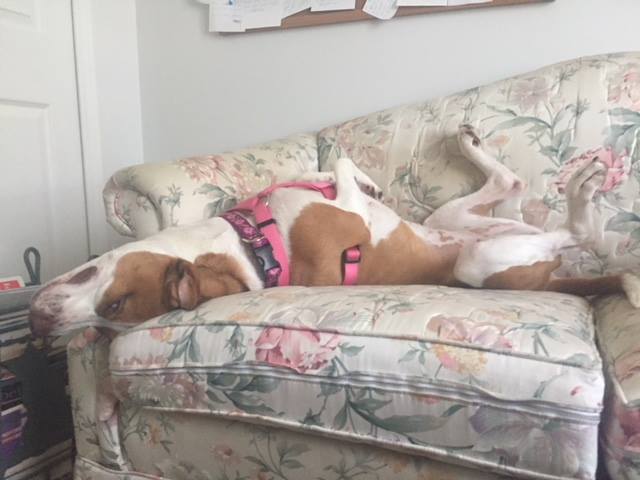
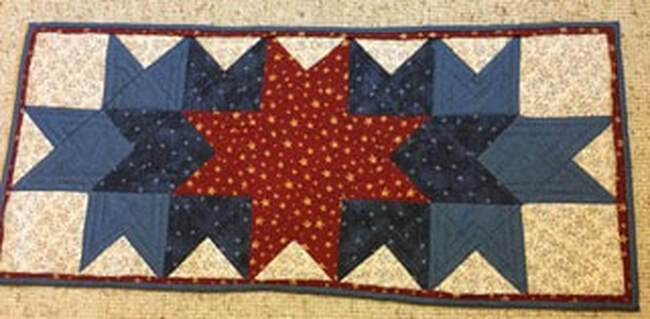
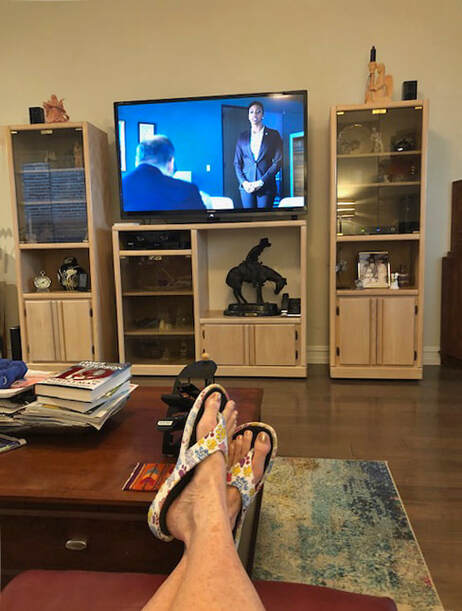

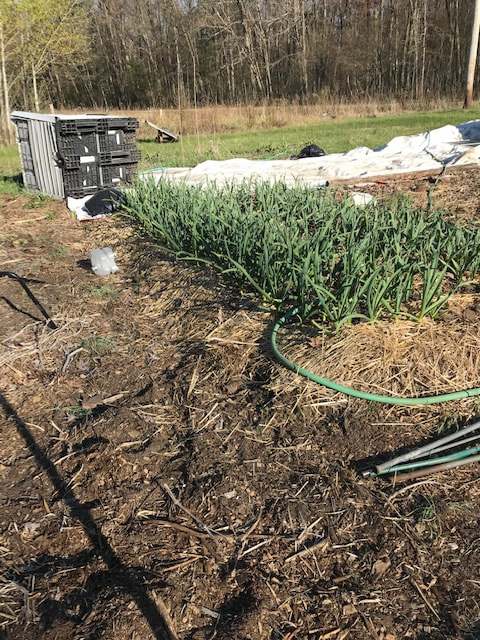
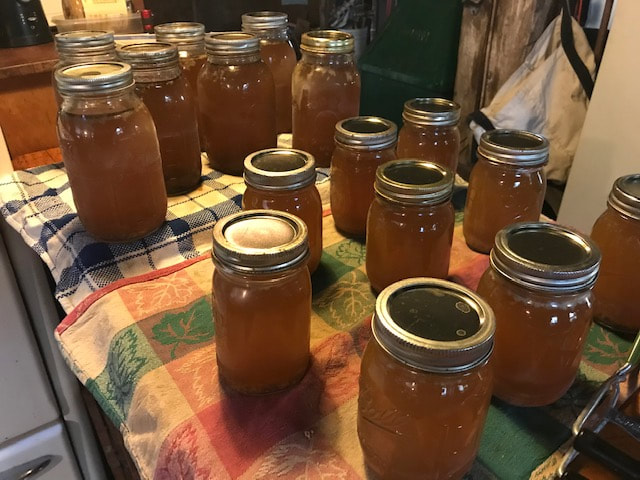
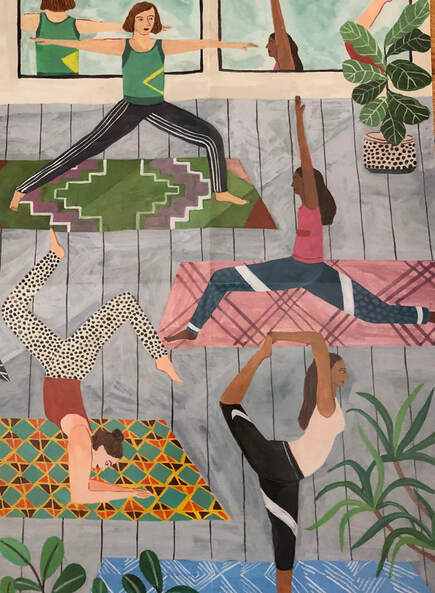
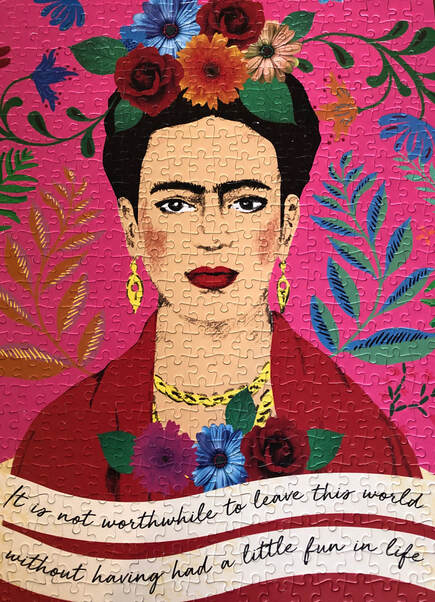
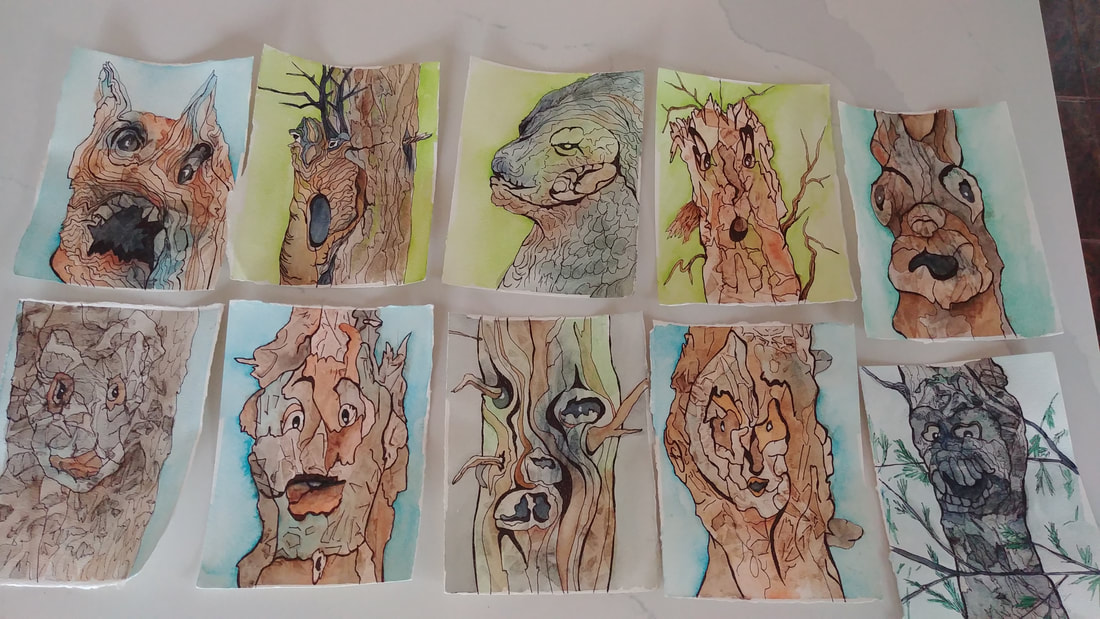
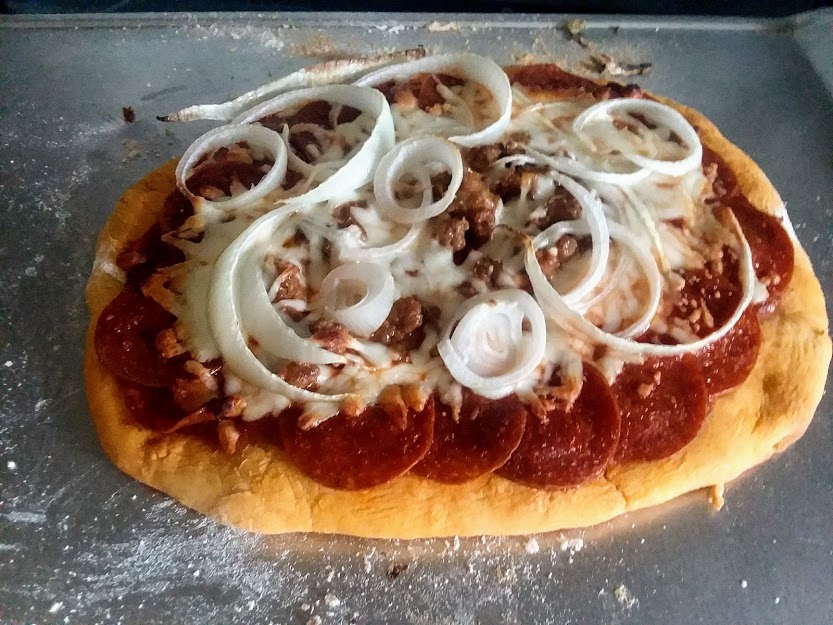

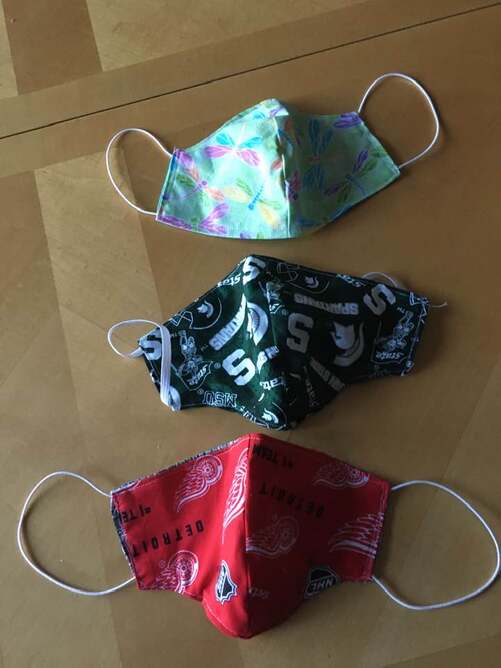
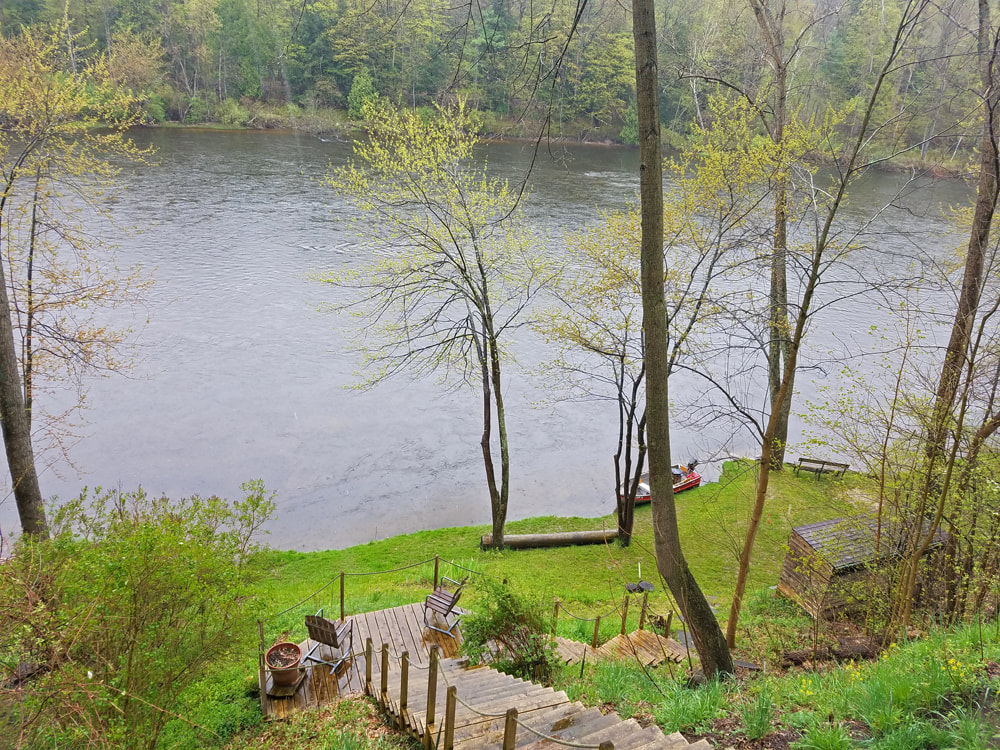
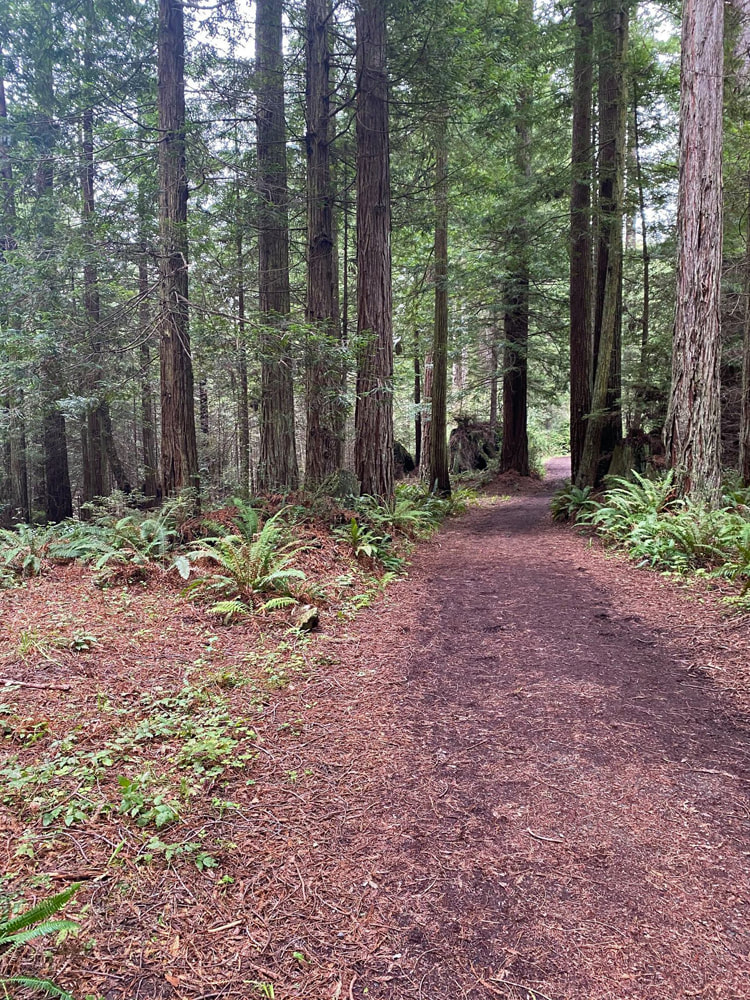
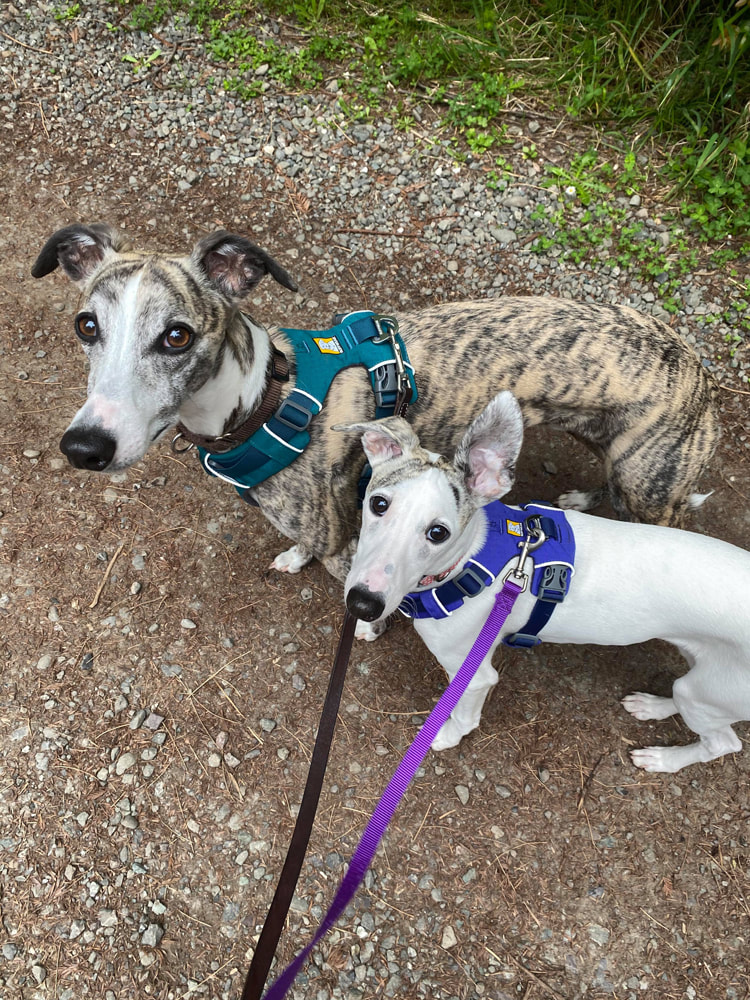
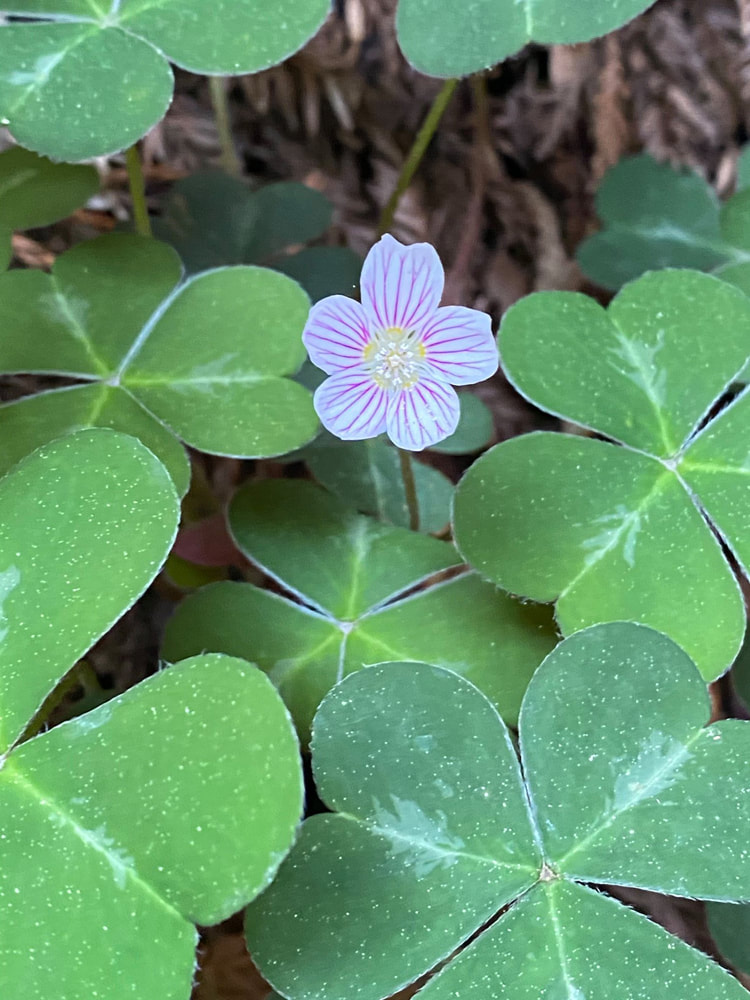
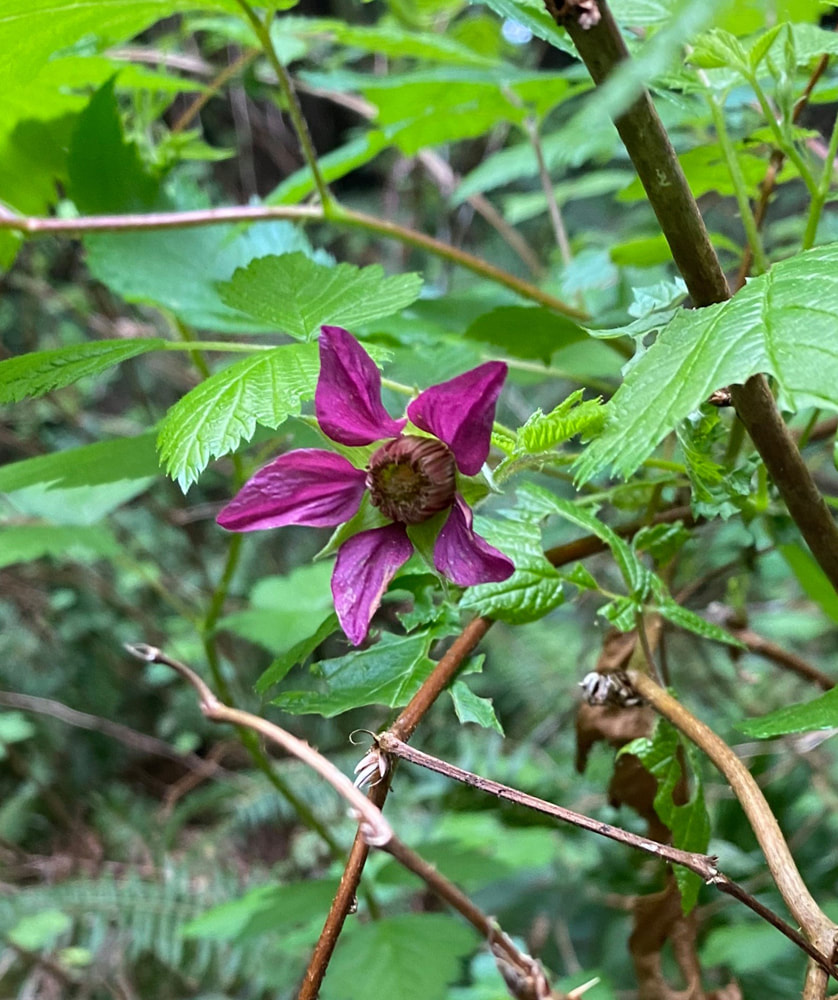
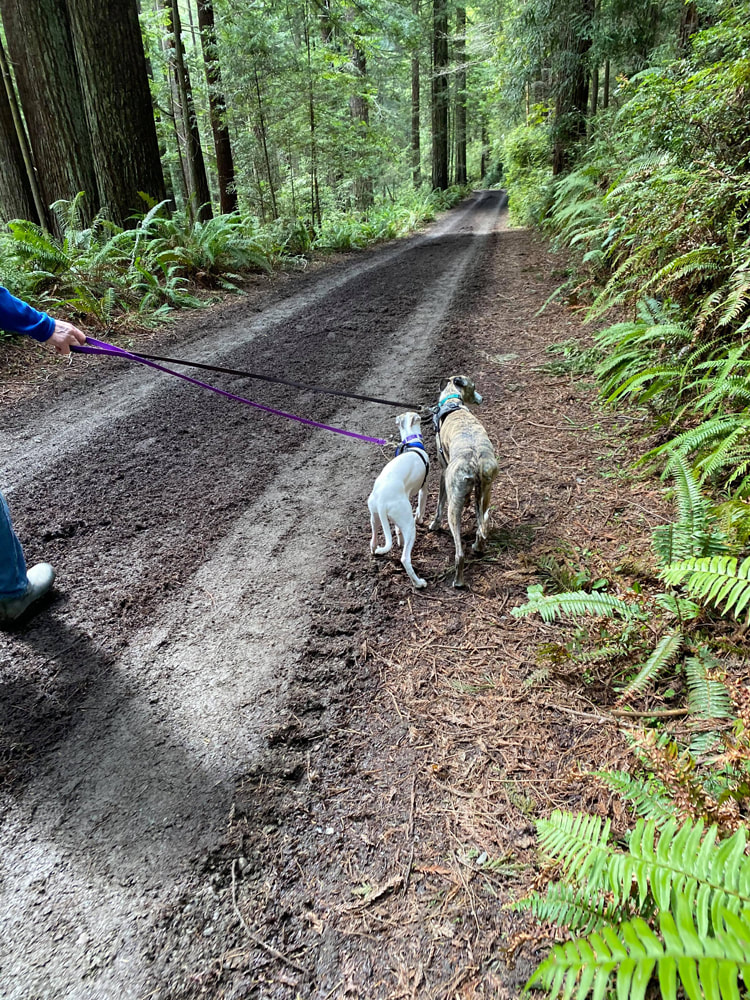
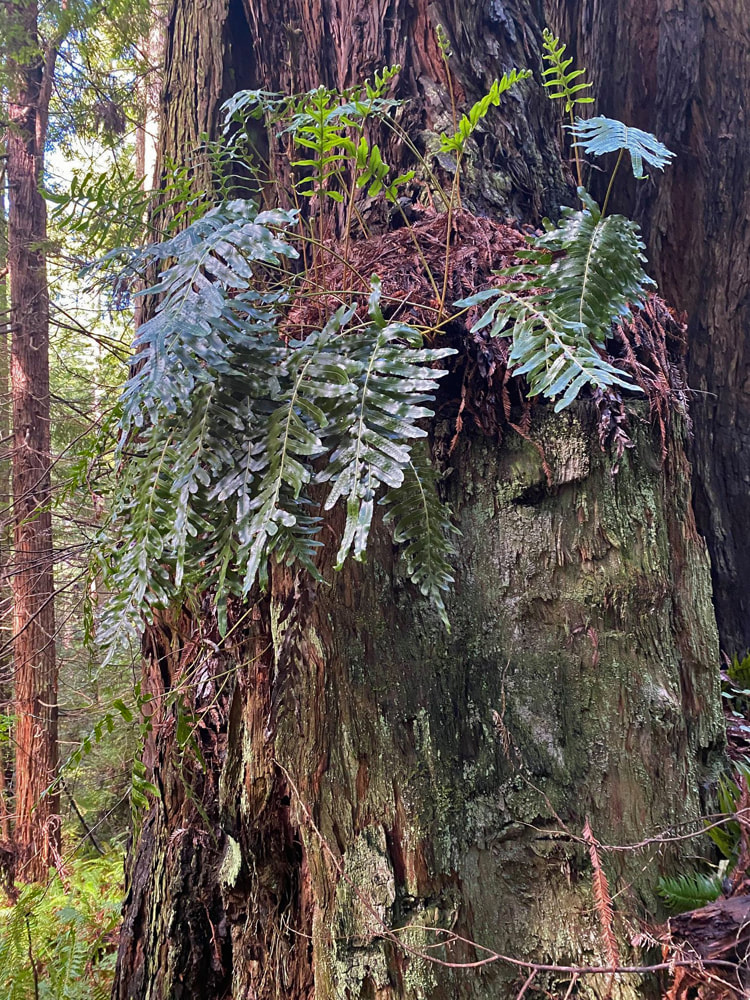
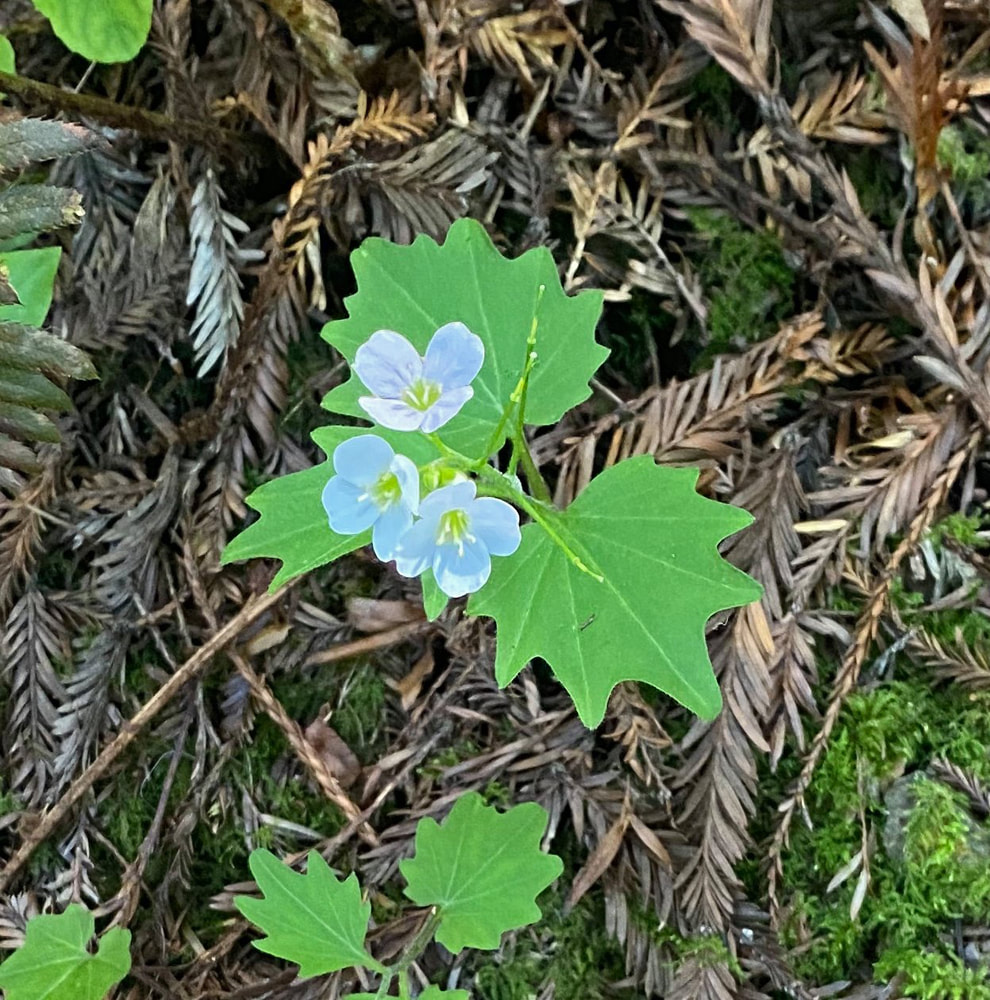
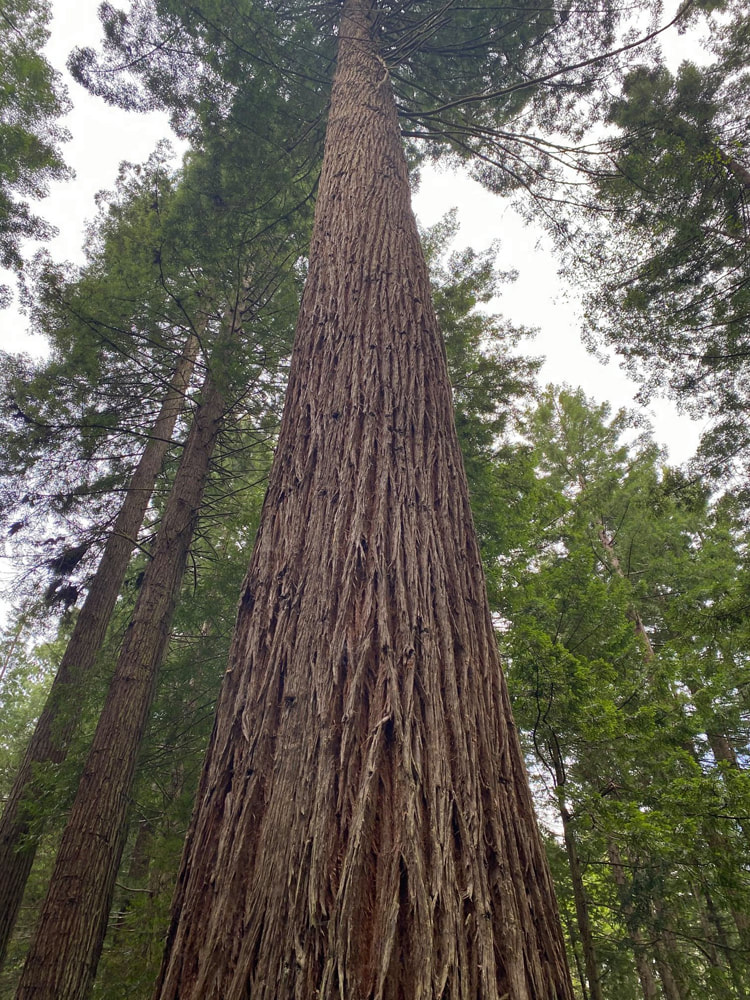
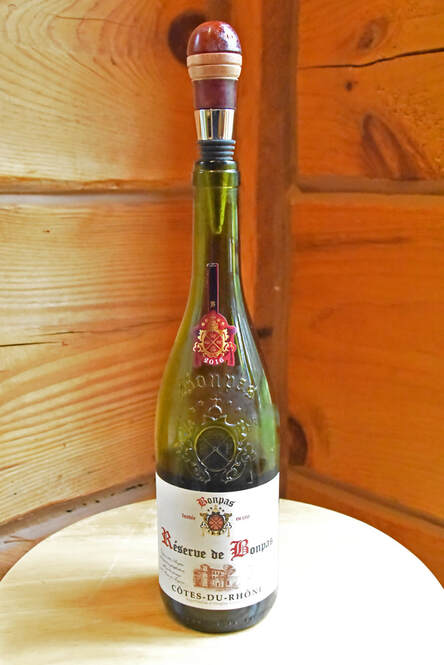
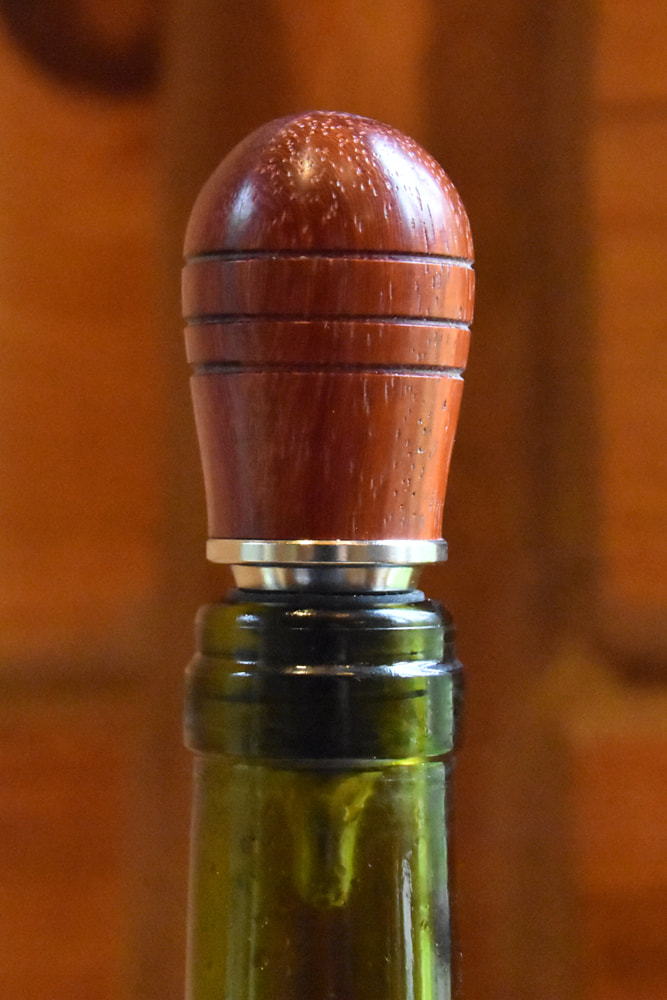
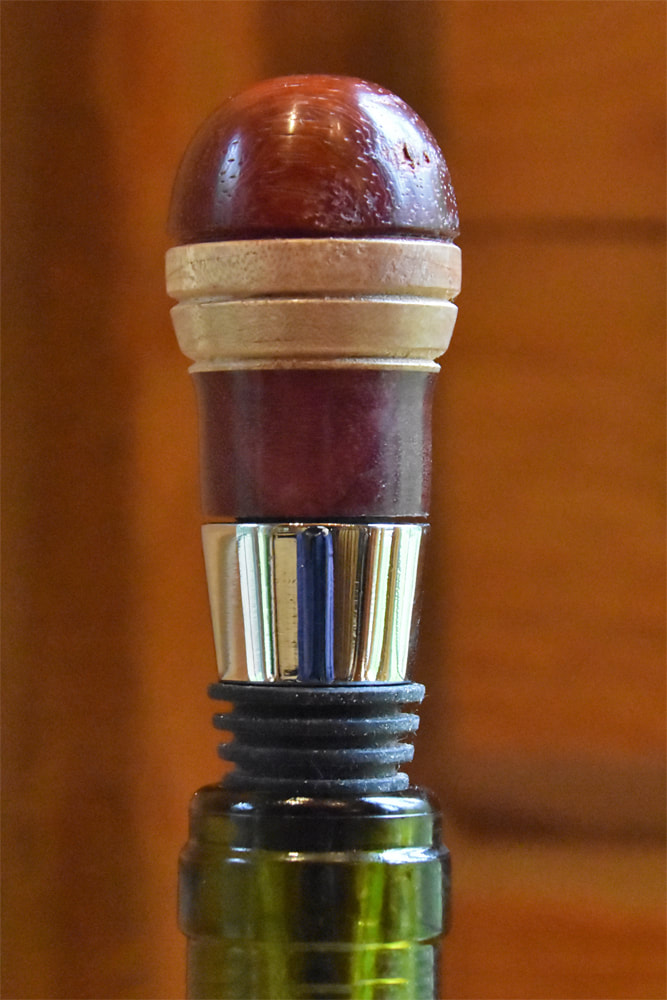
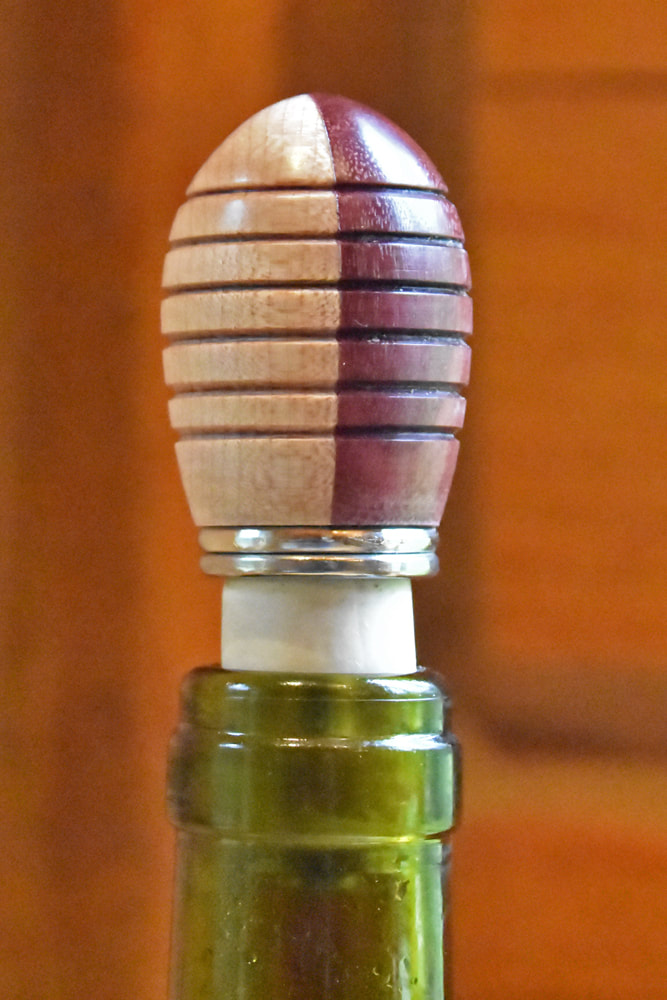
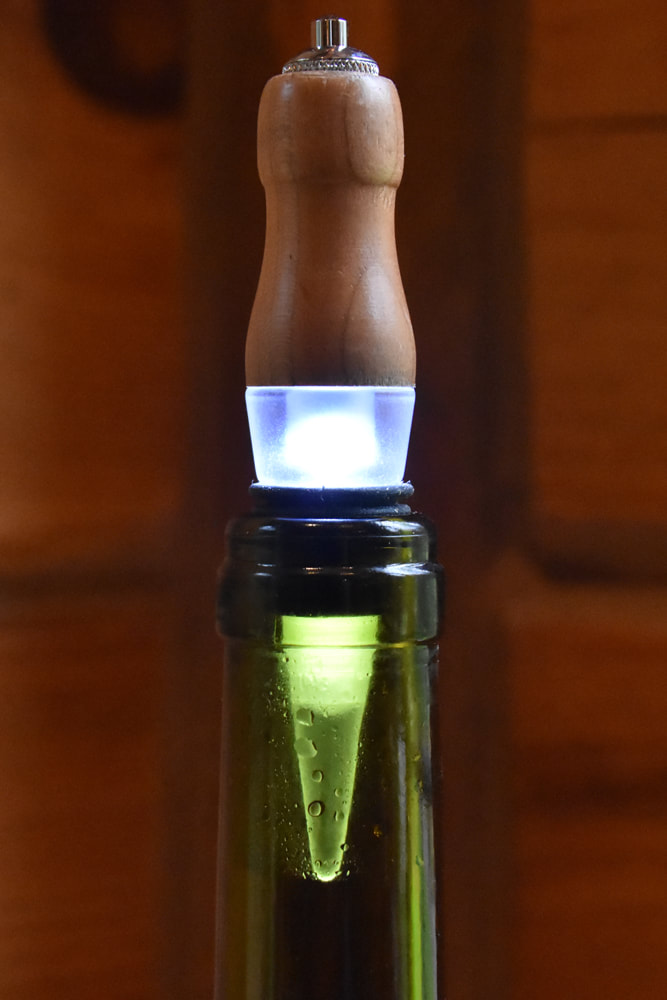
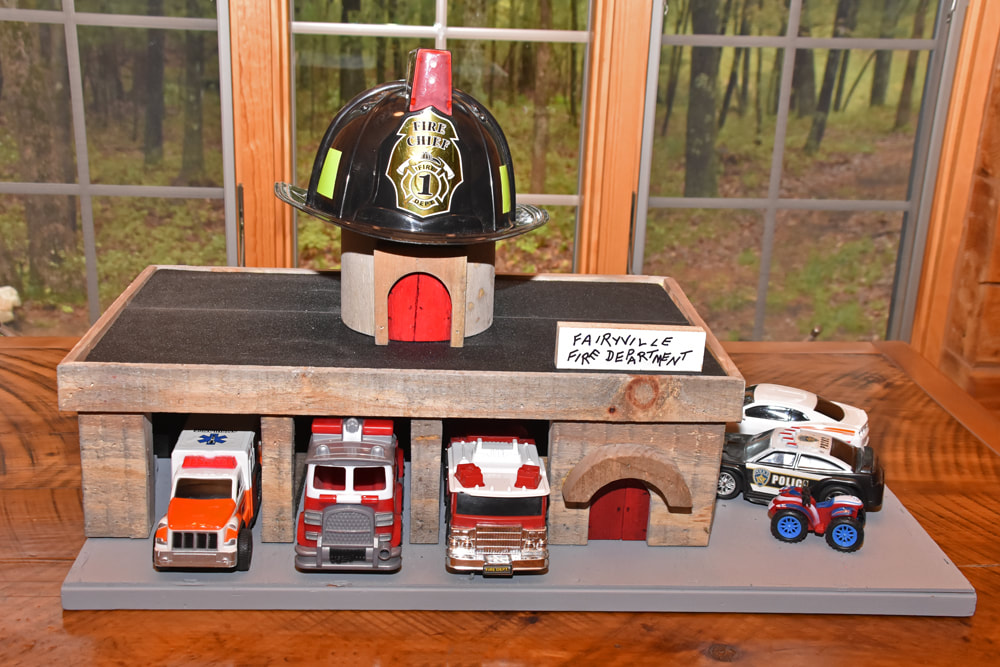
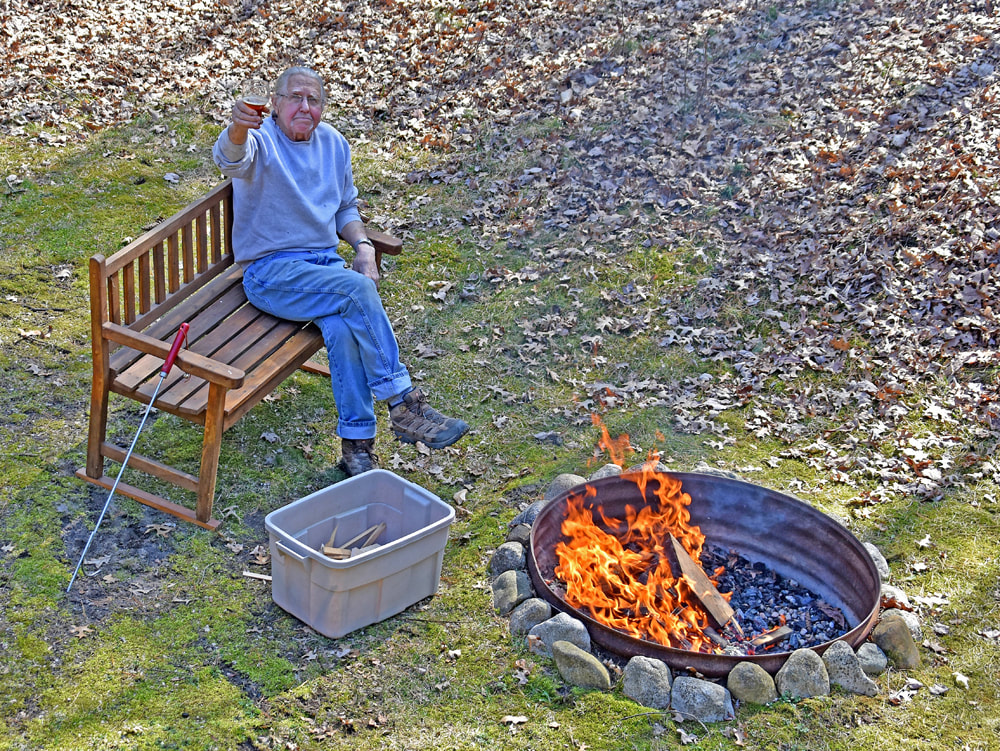
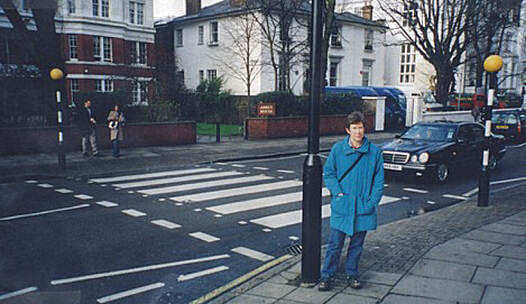
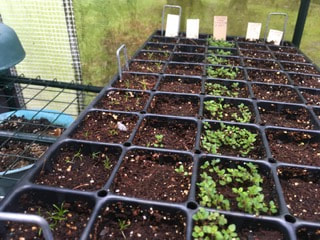
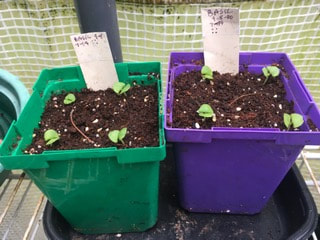
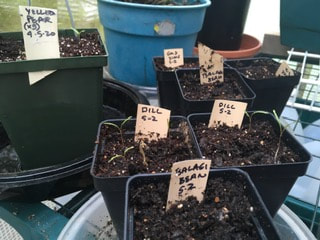
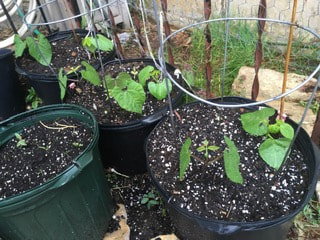
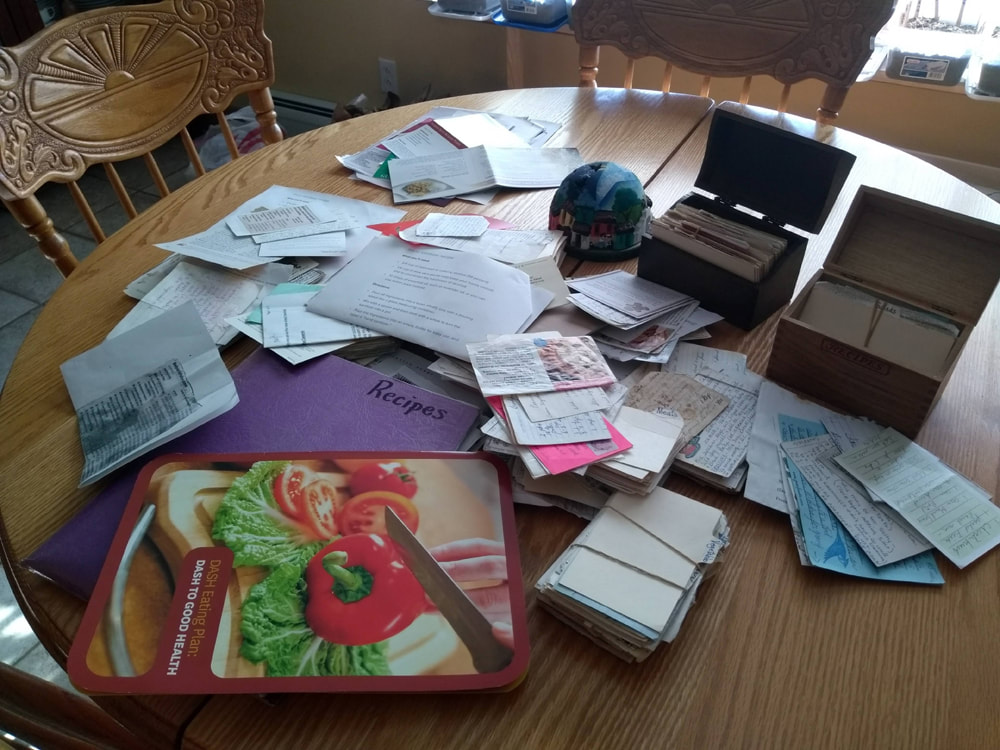
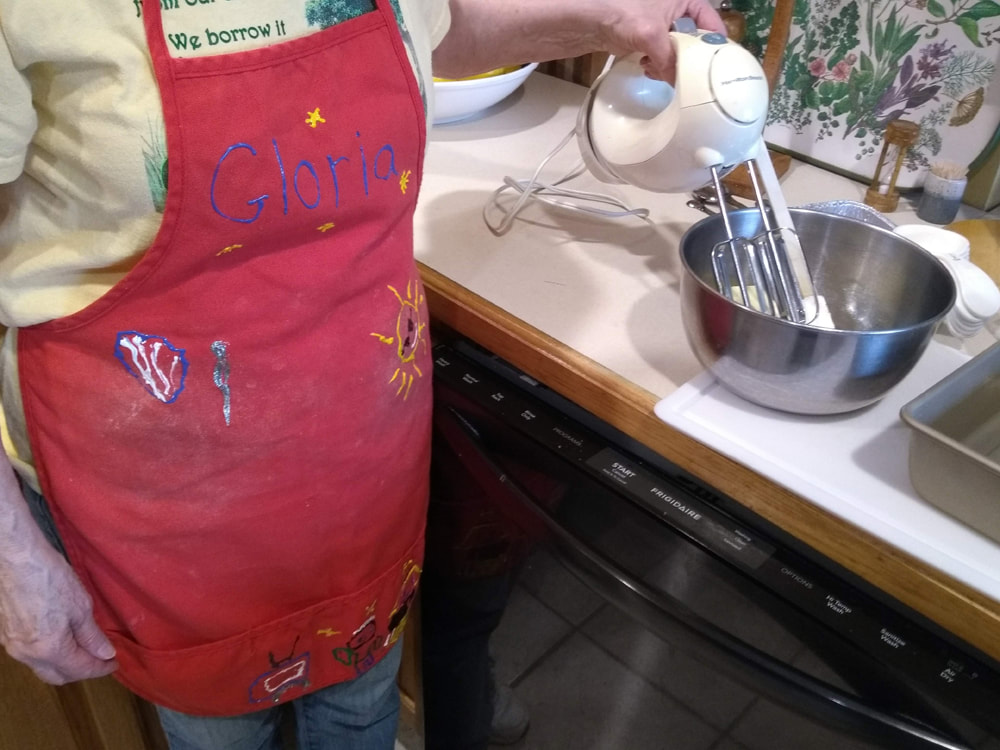
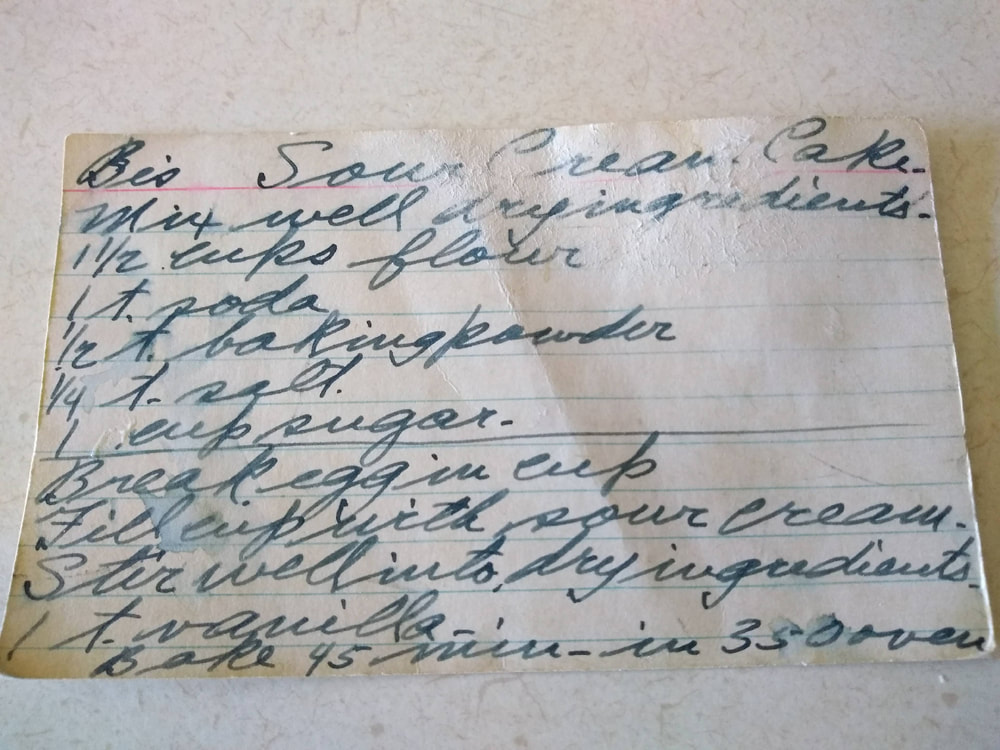
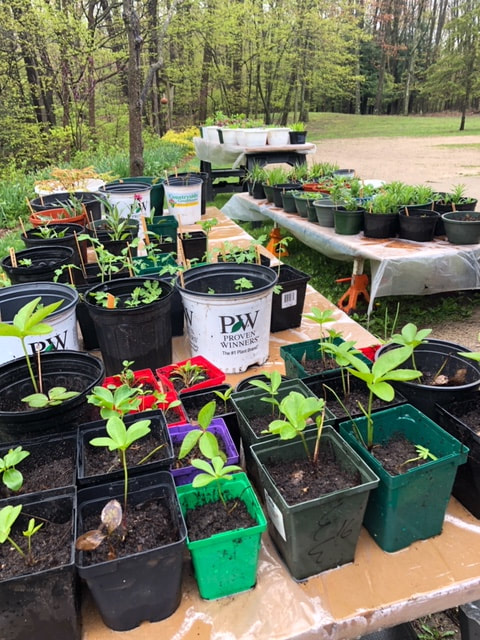
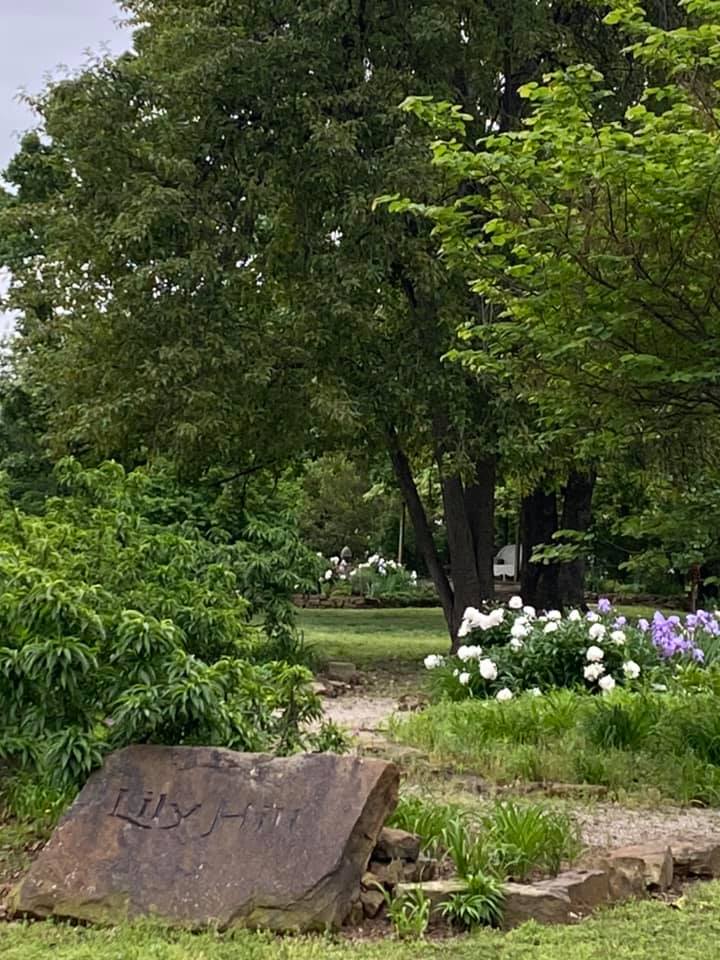


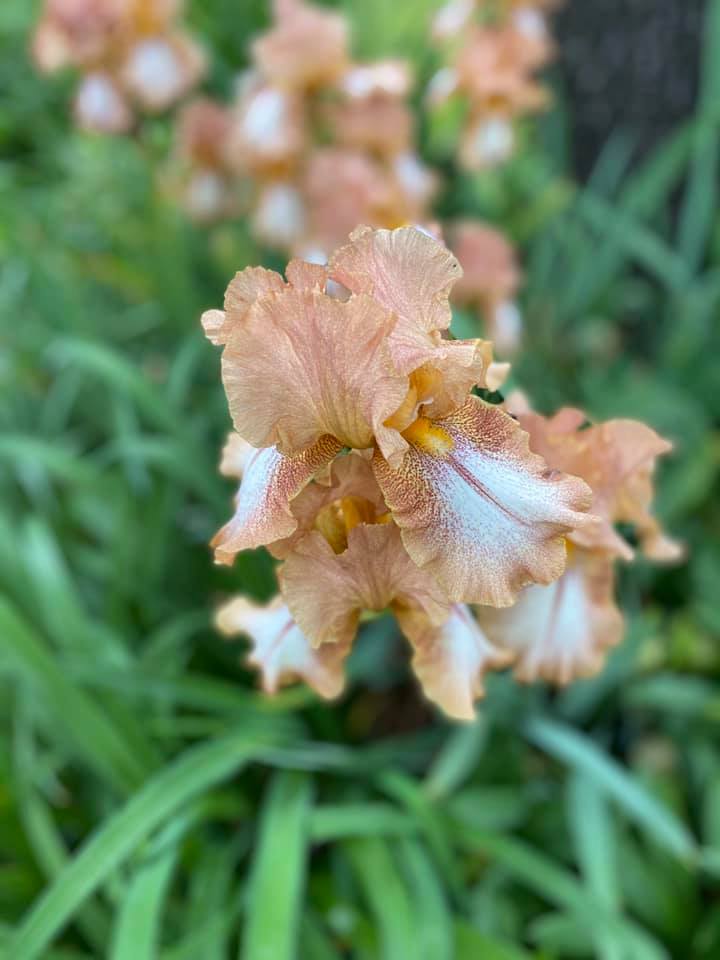
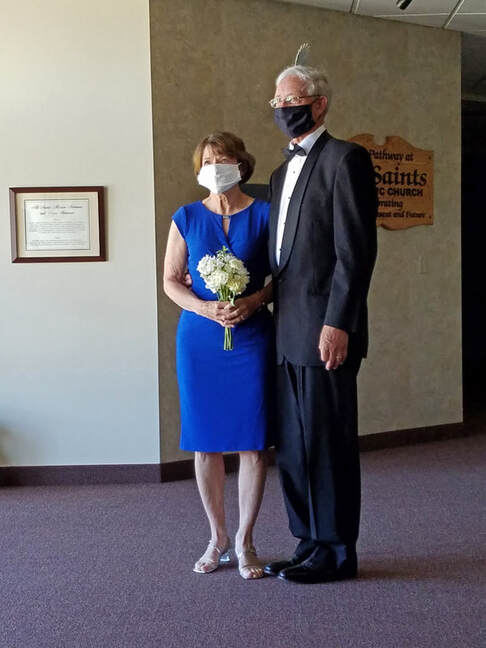
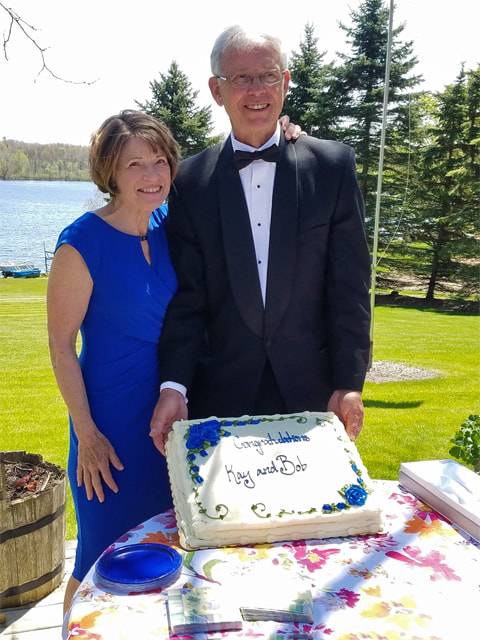
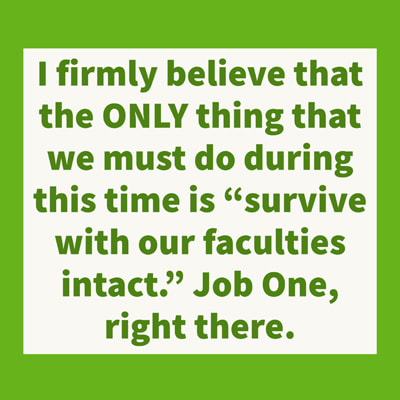

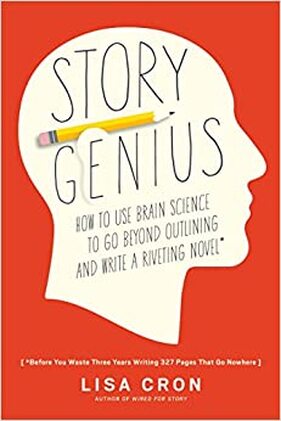

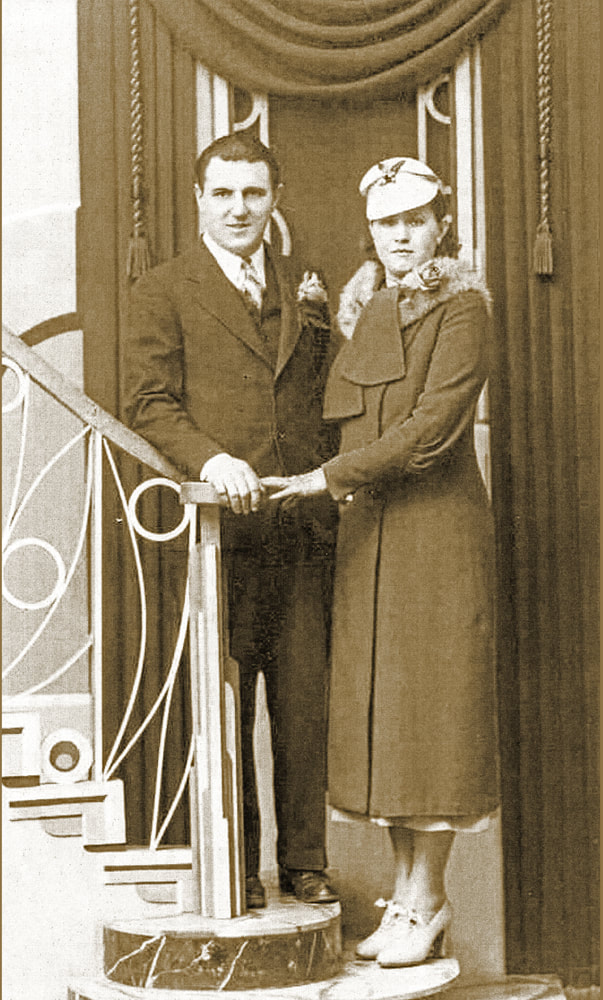

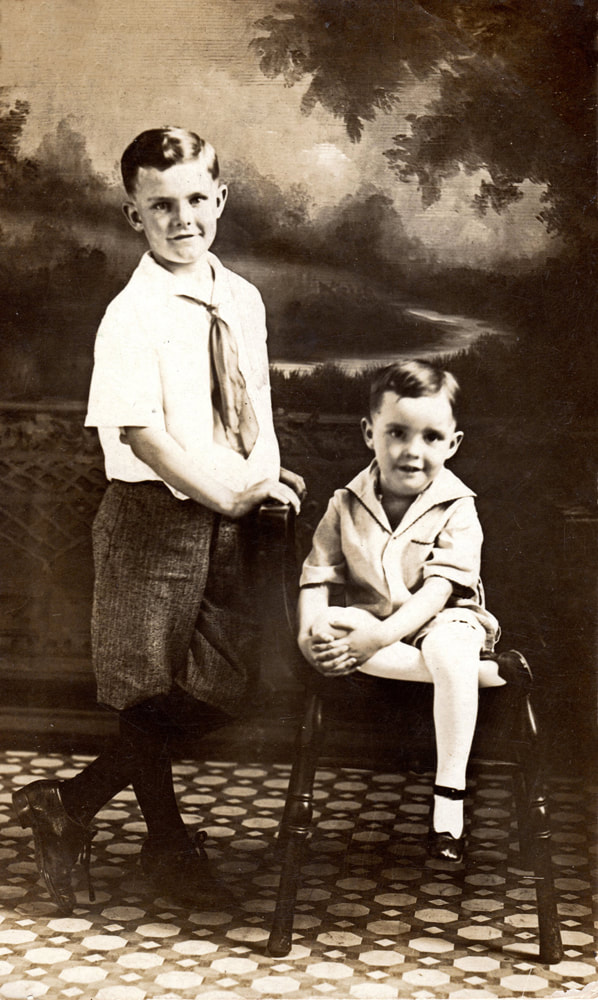


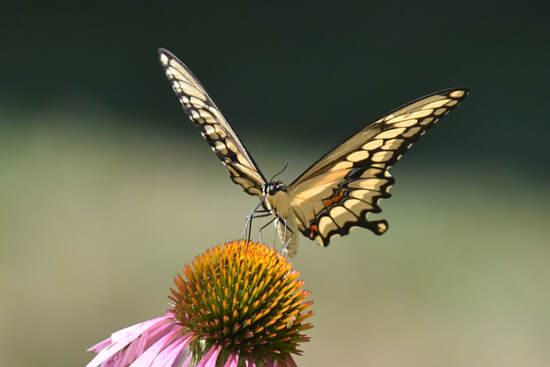
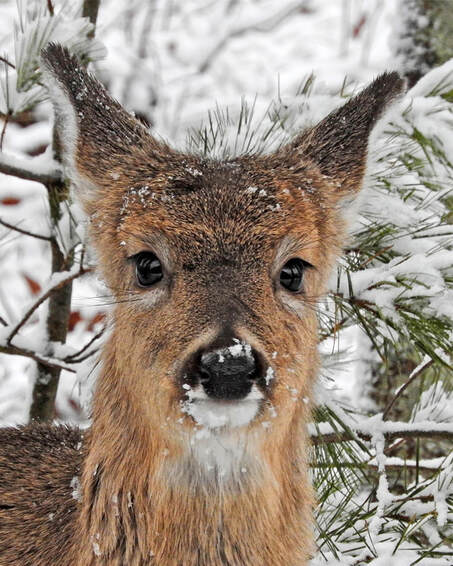
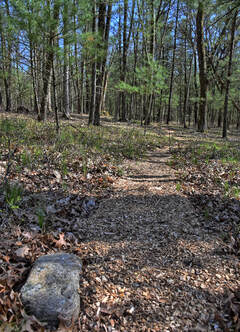
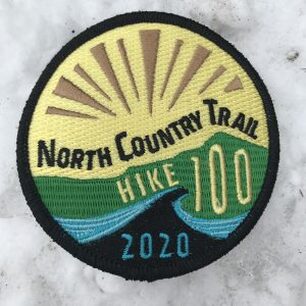
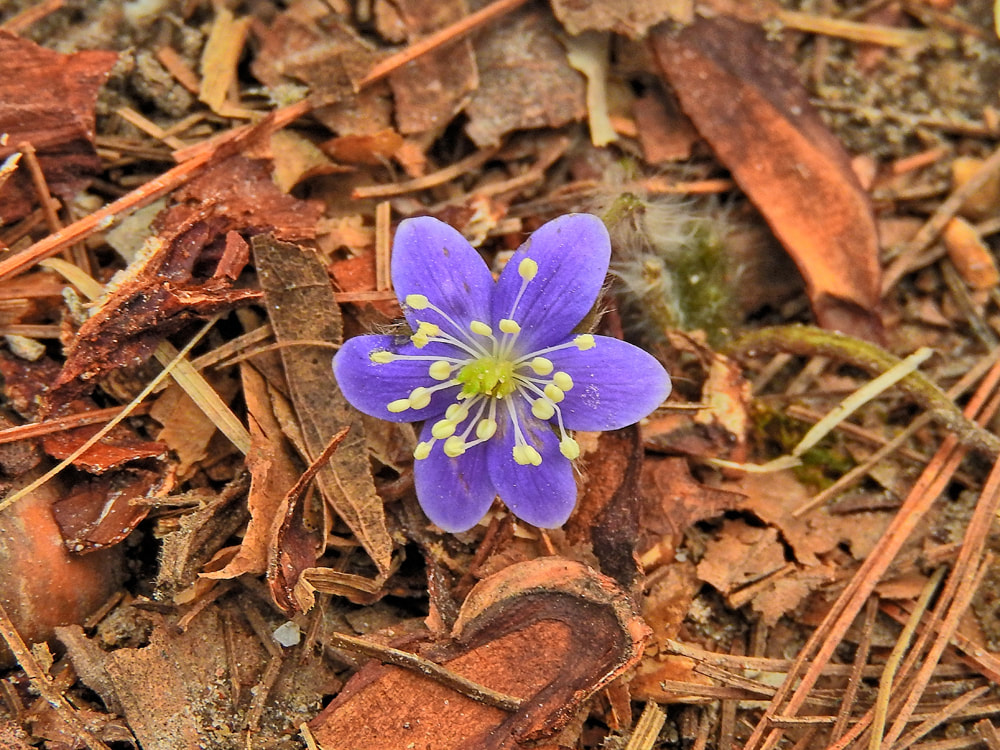

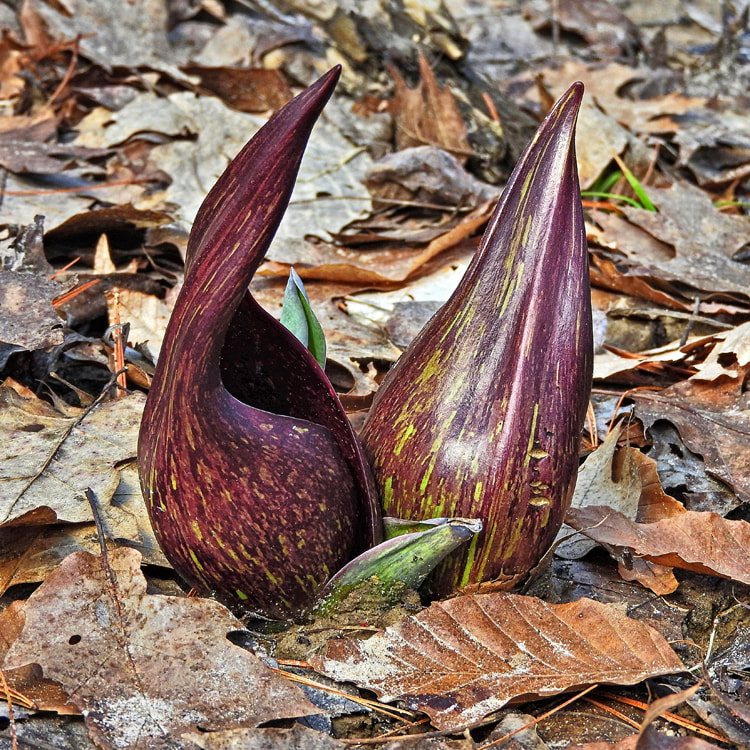

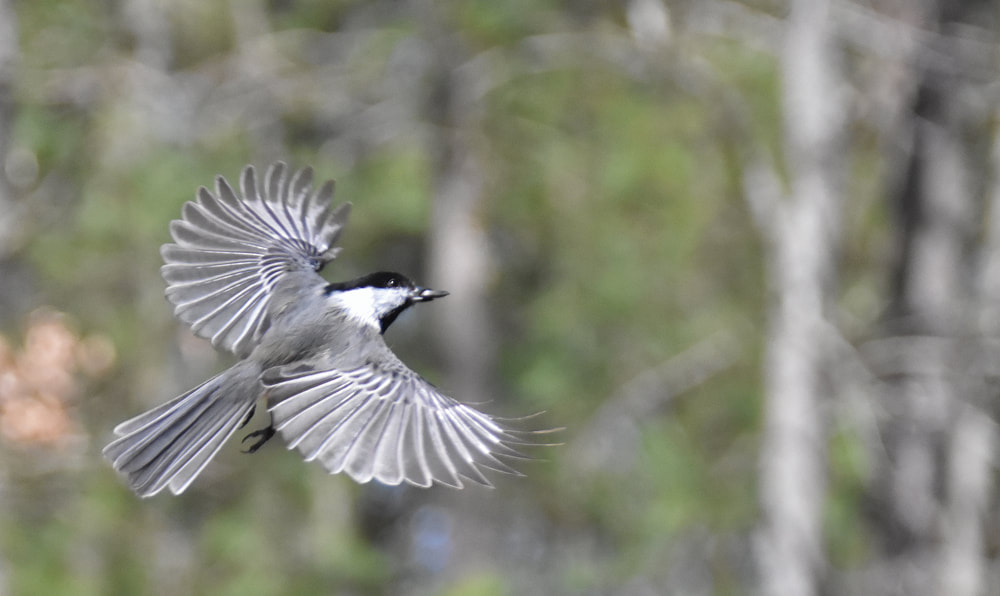
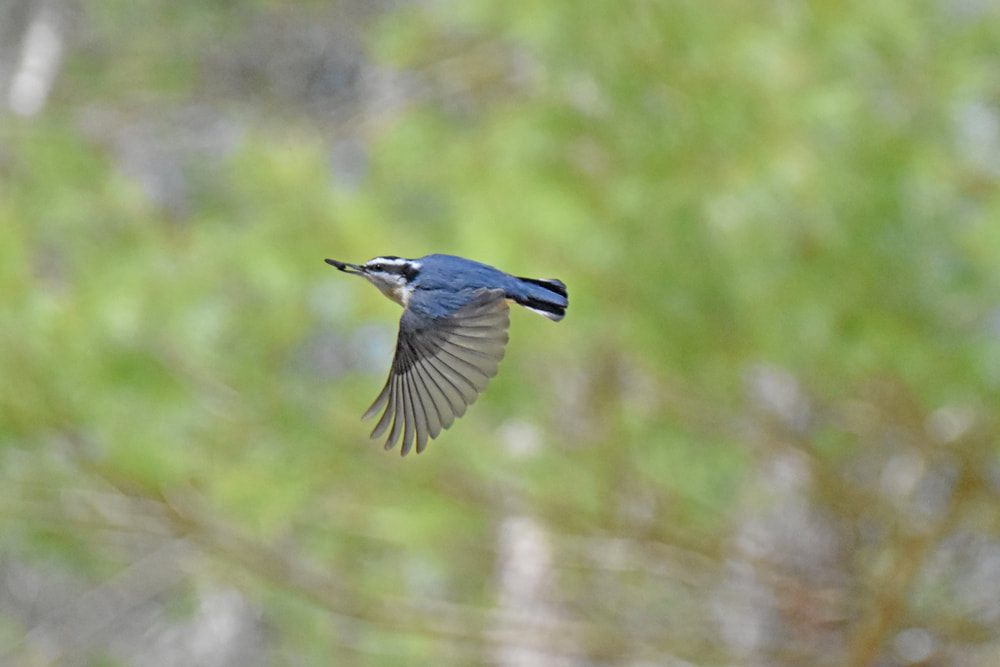
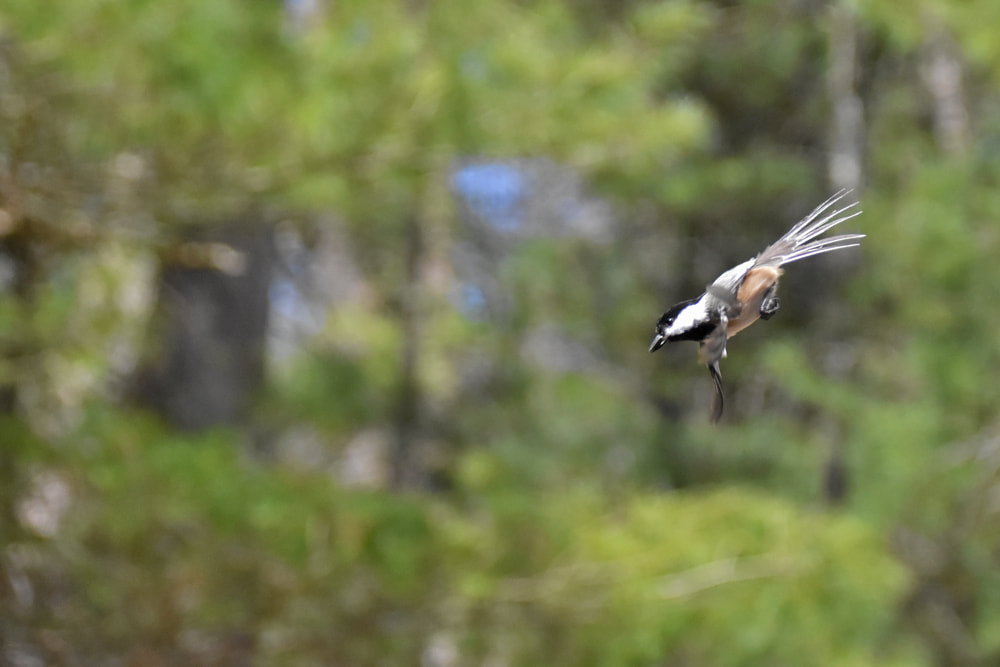
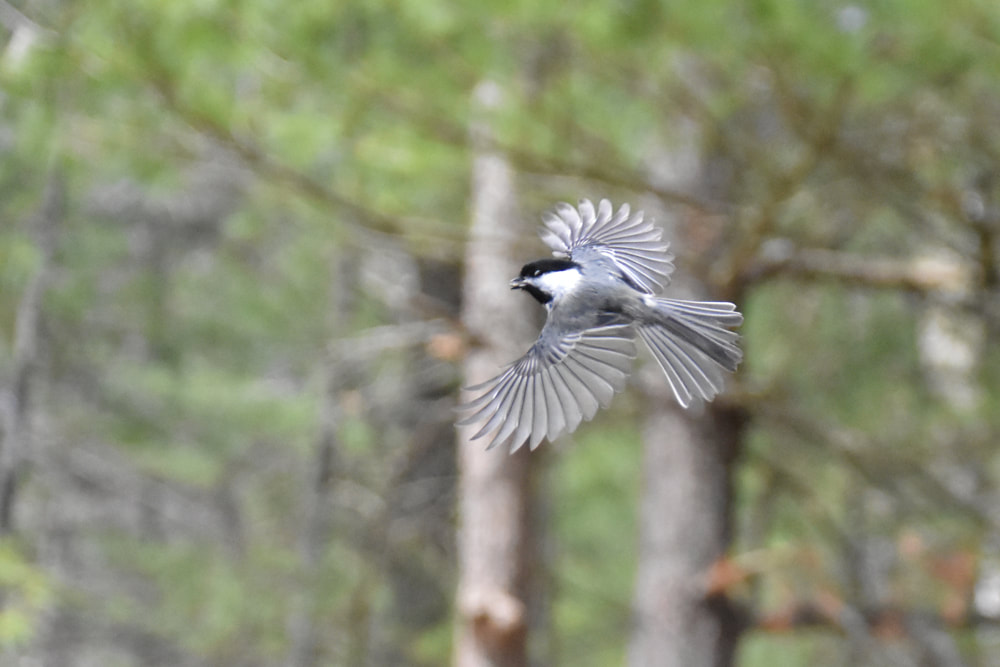



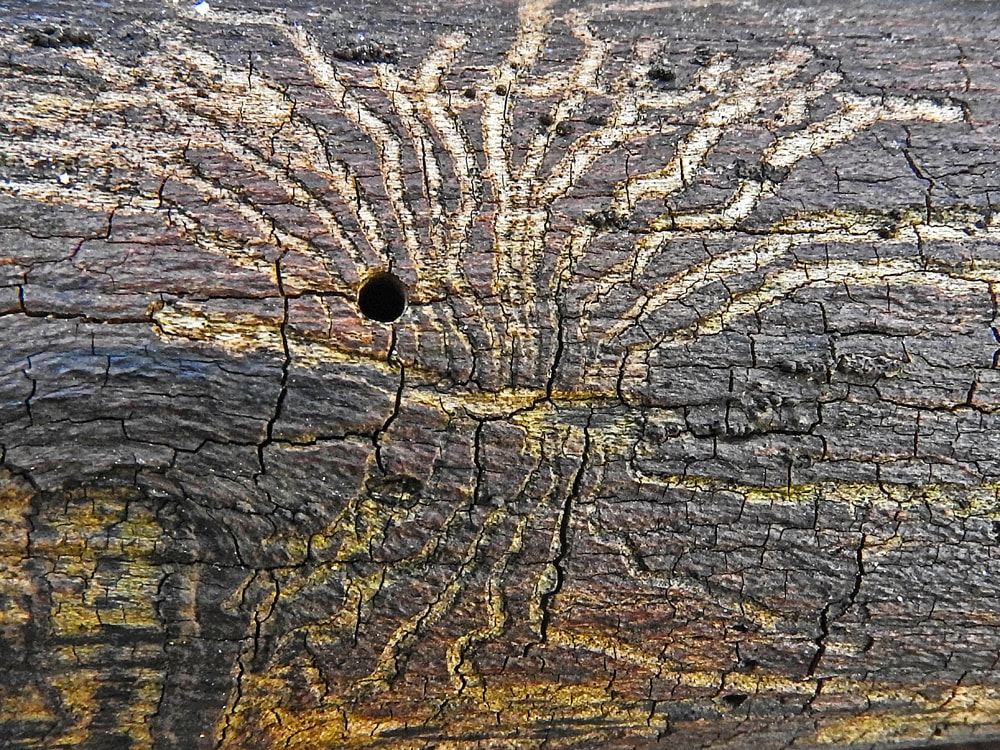

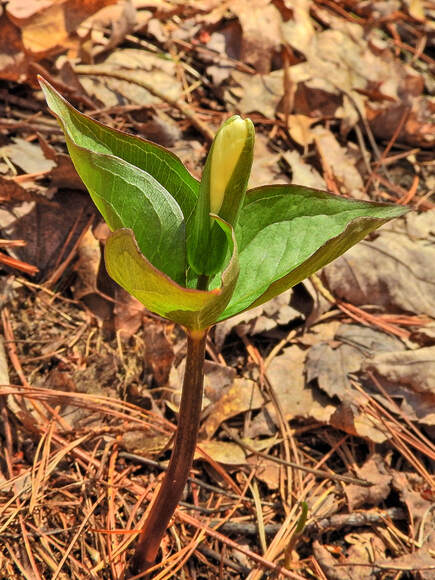




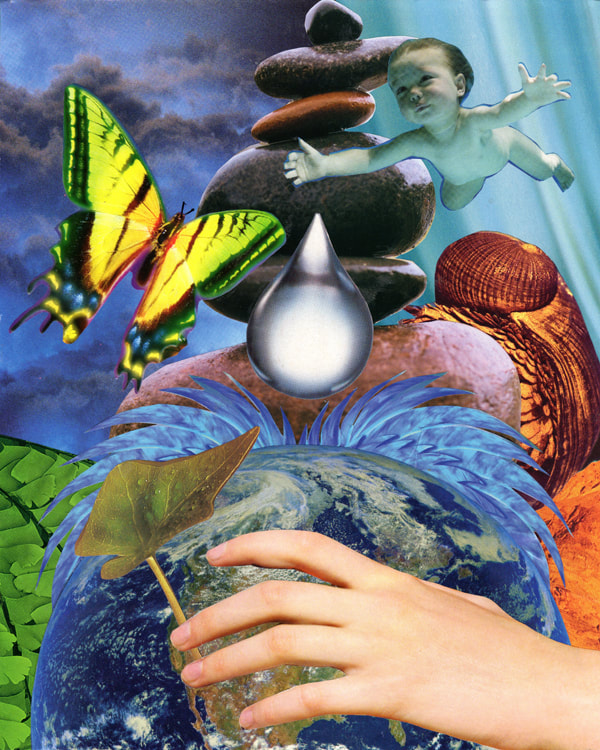

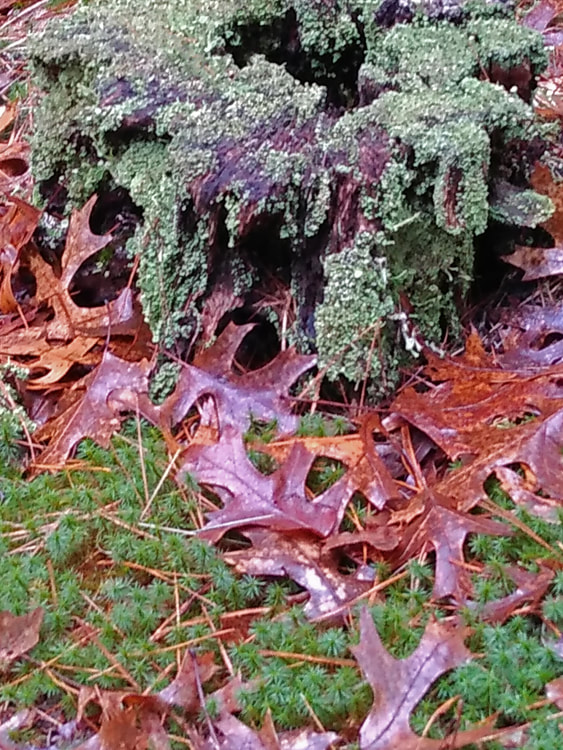
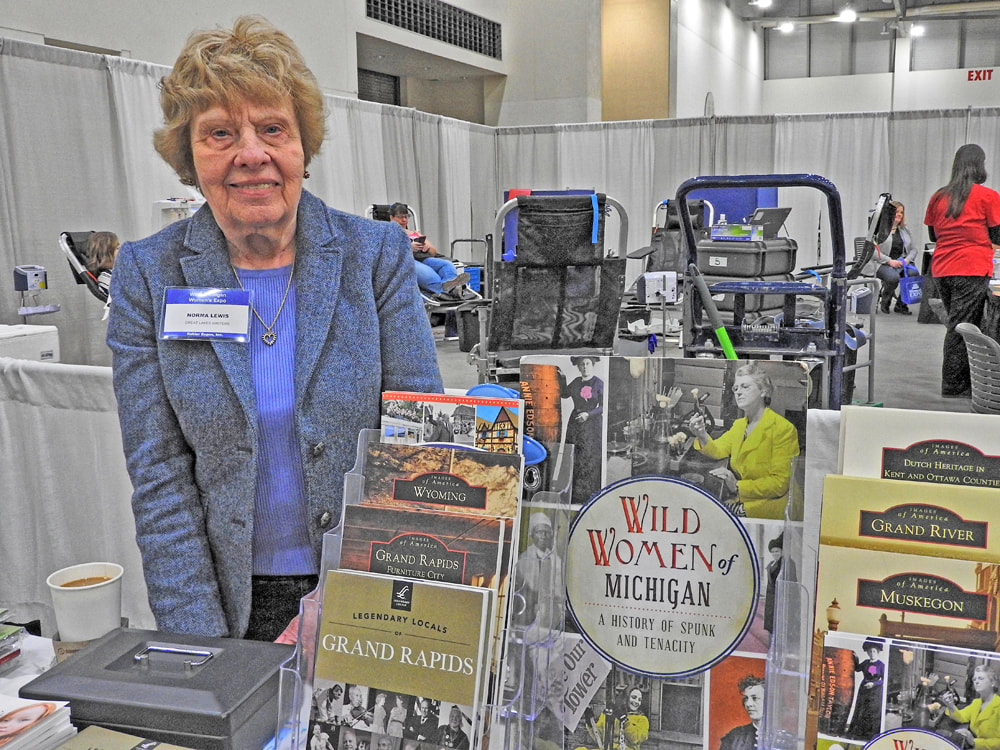
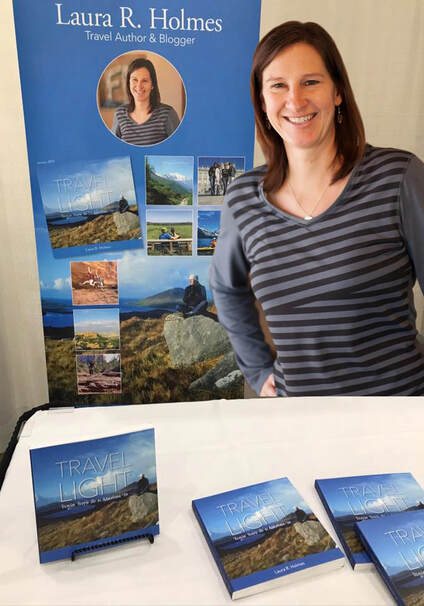
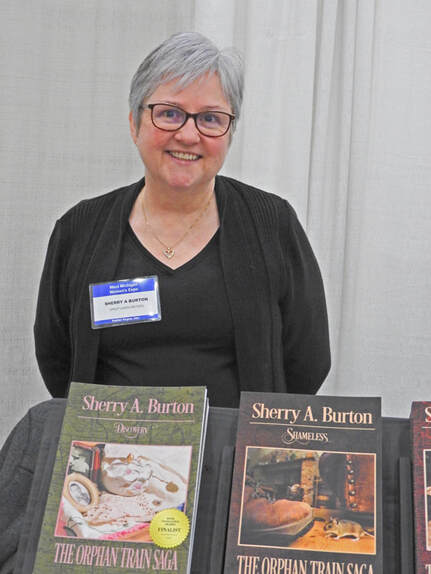
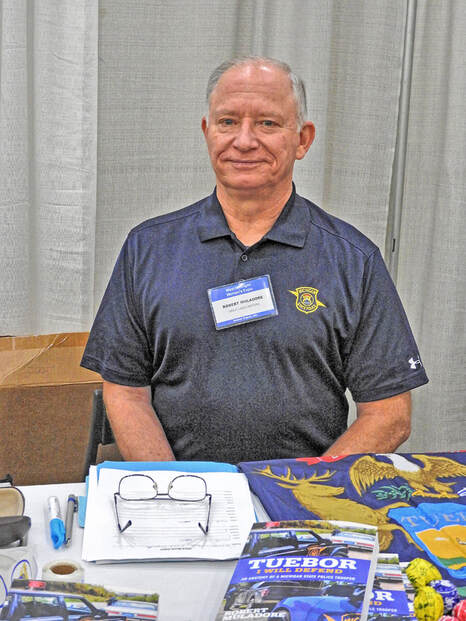
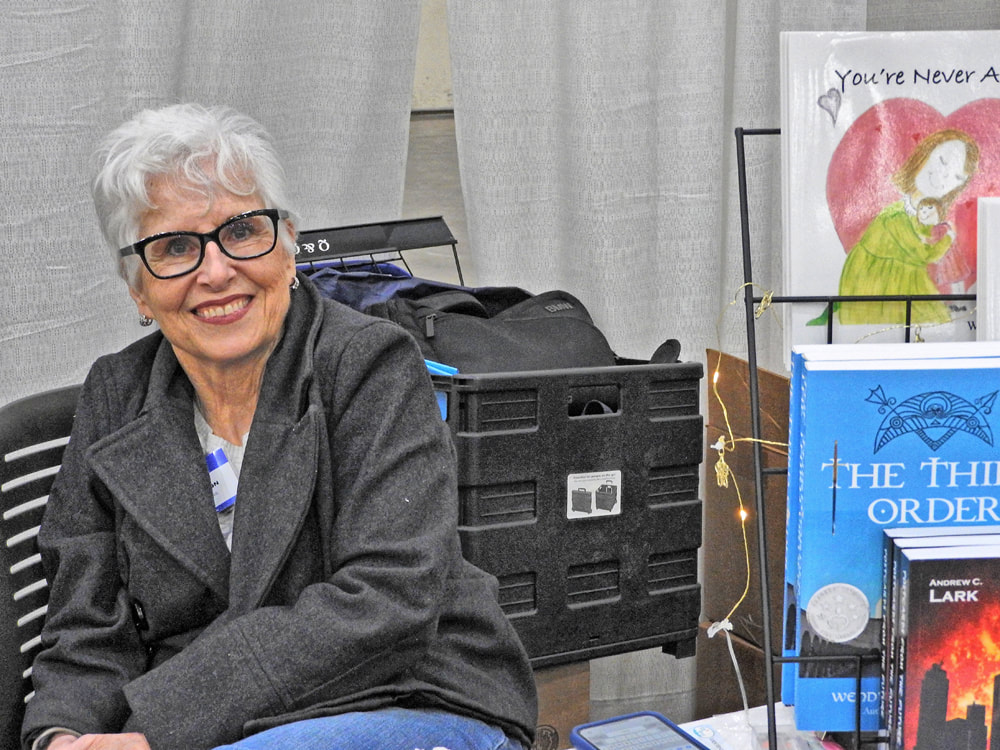
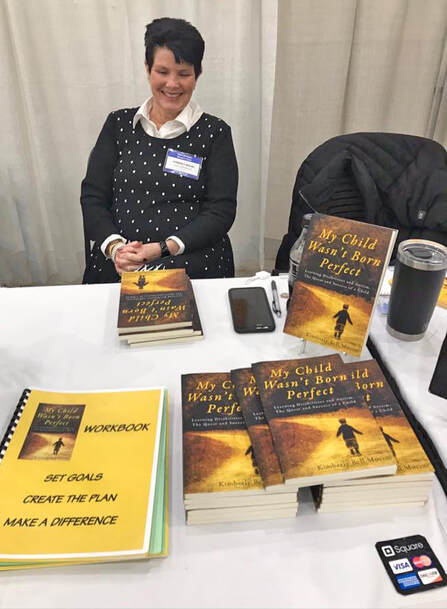
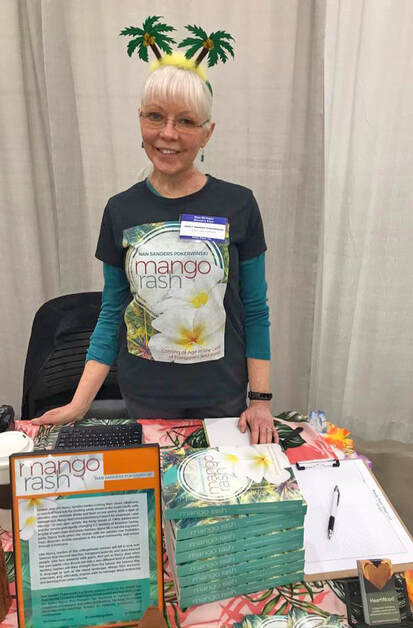
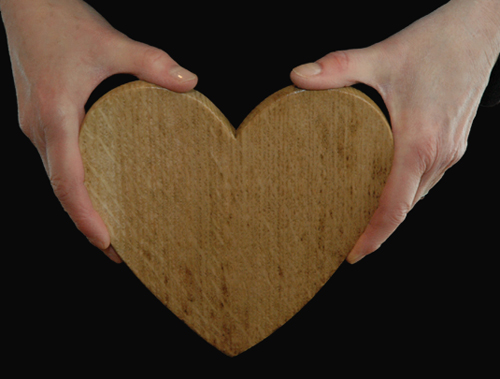
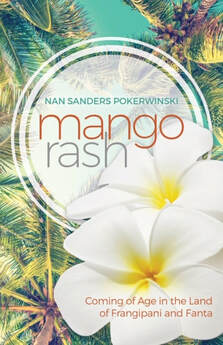
 RSS Feed
RSS Feed